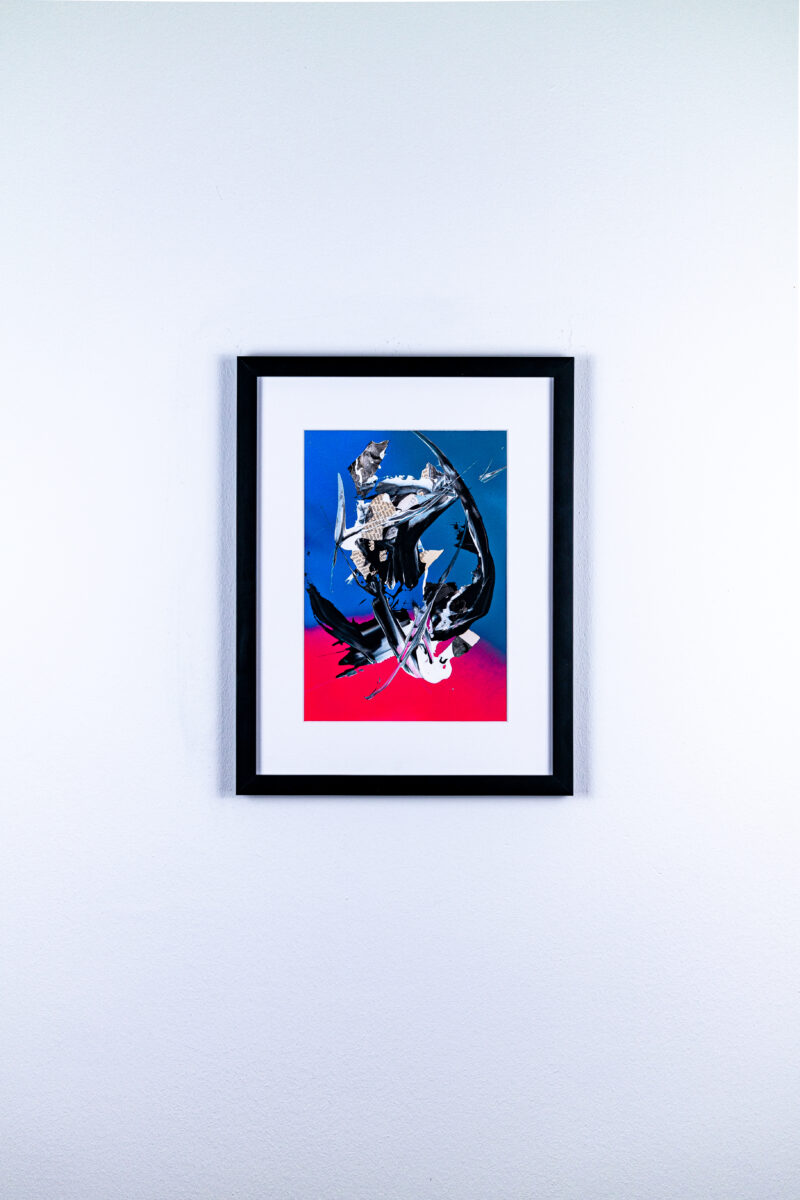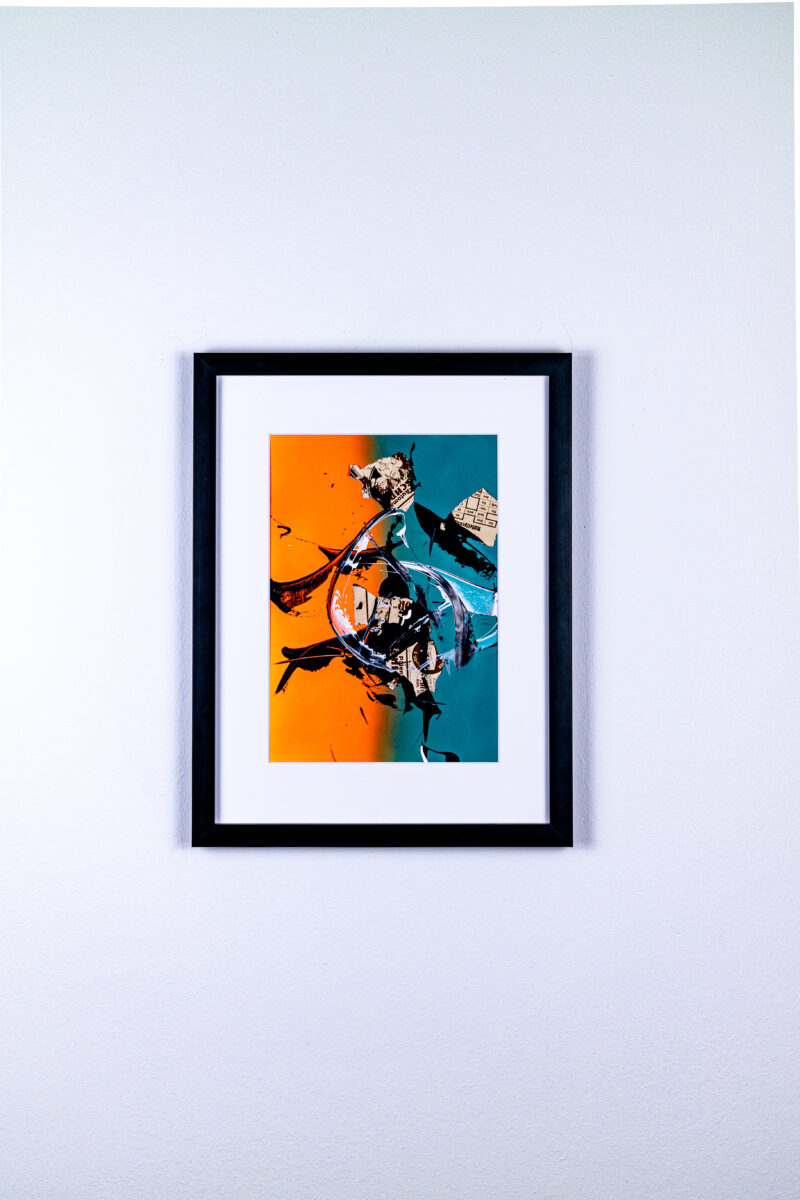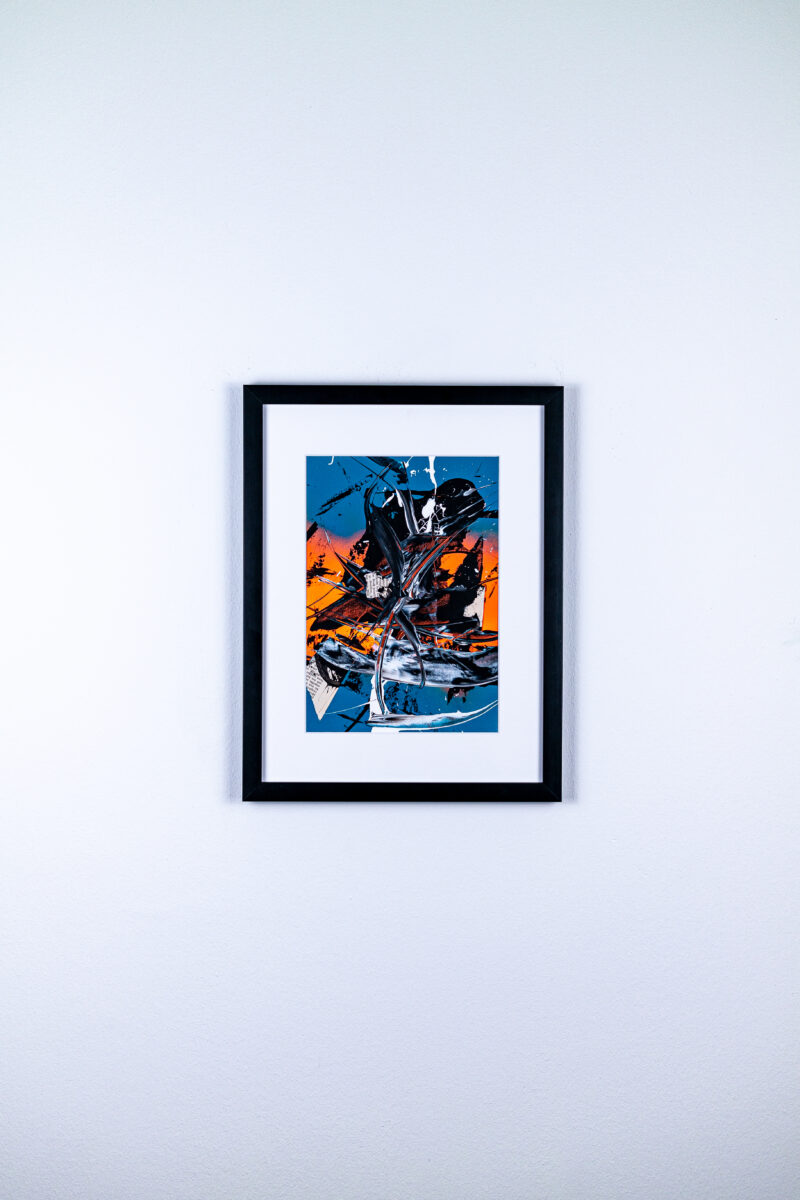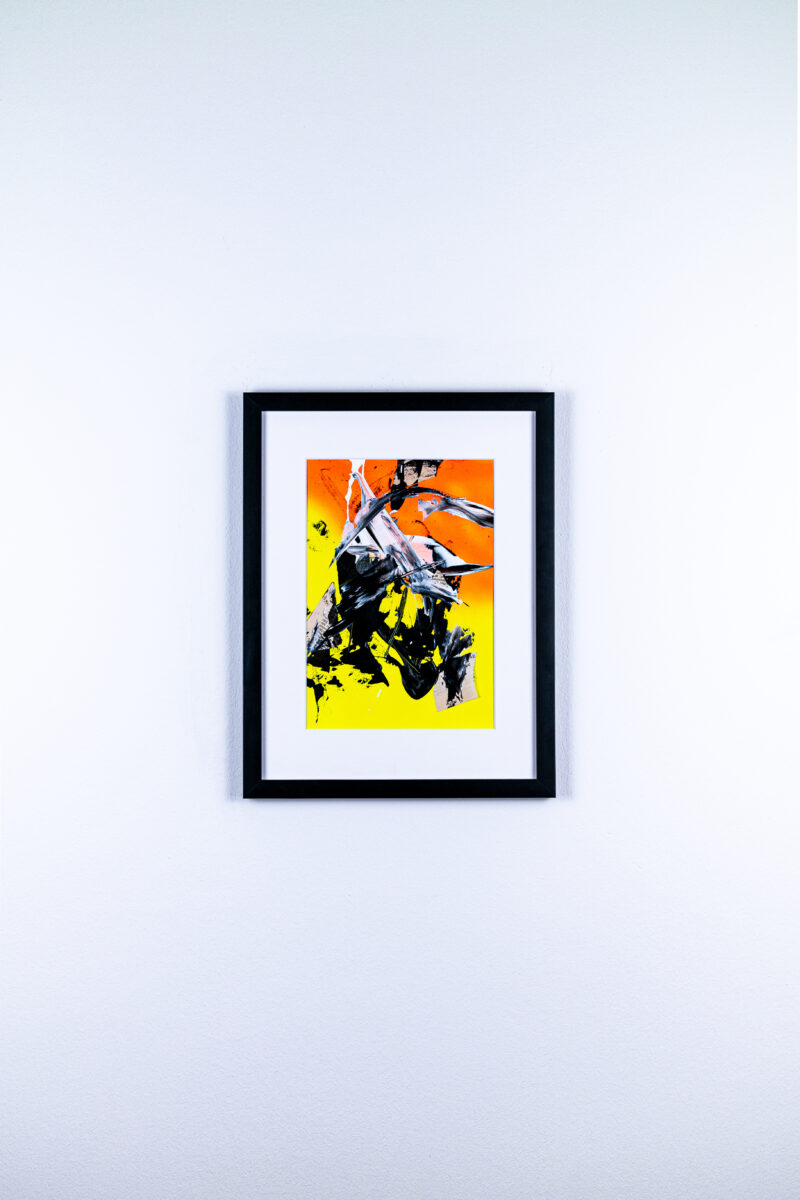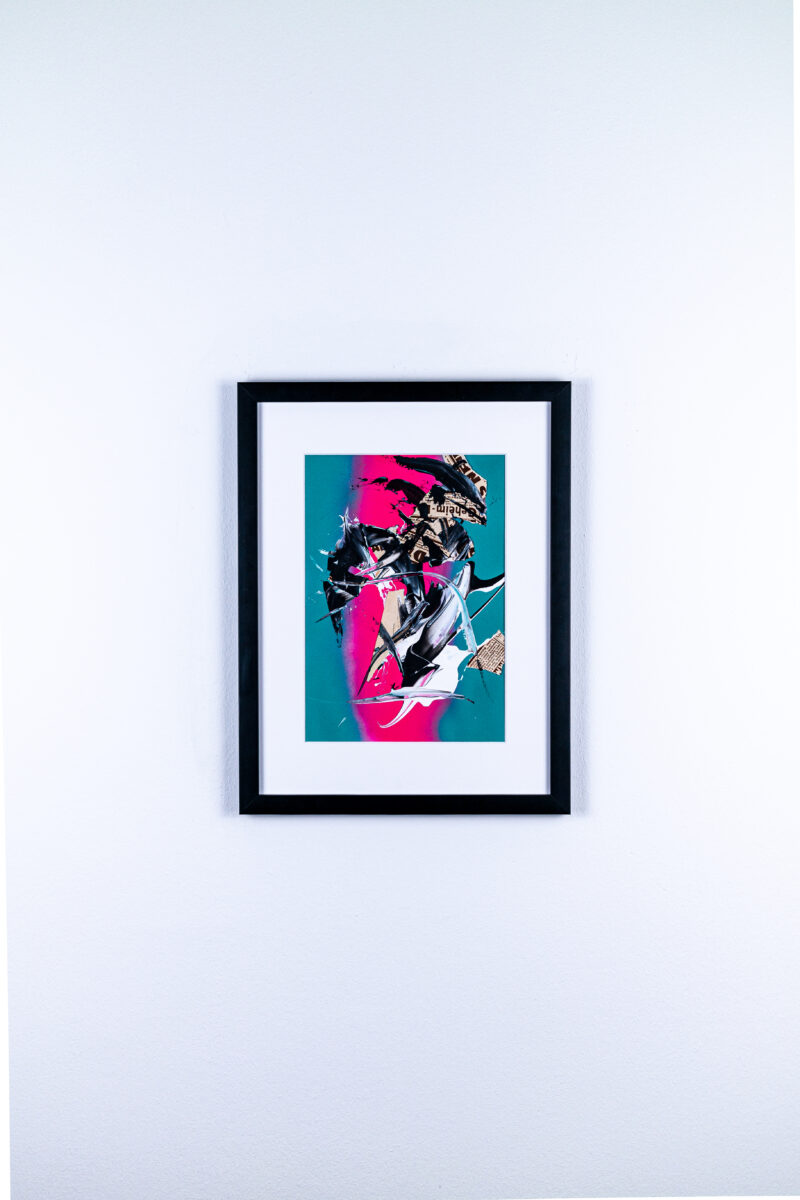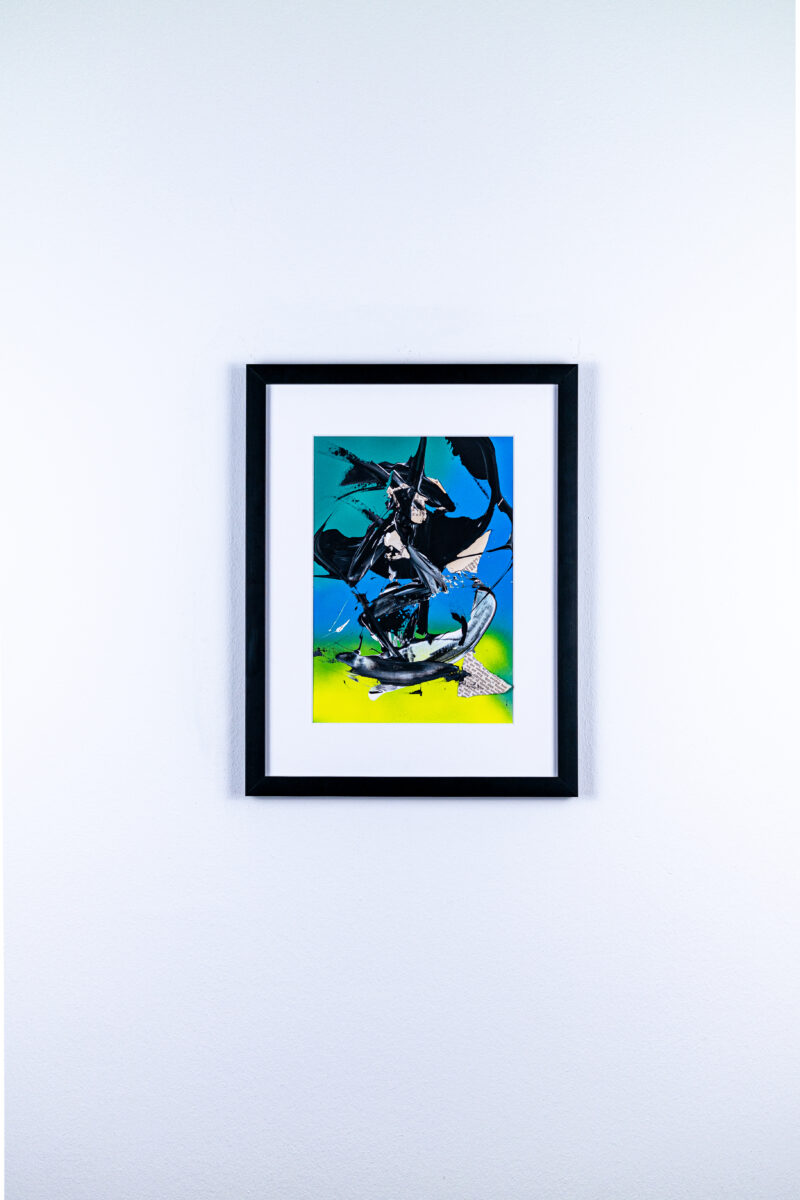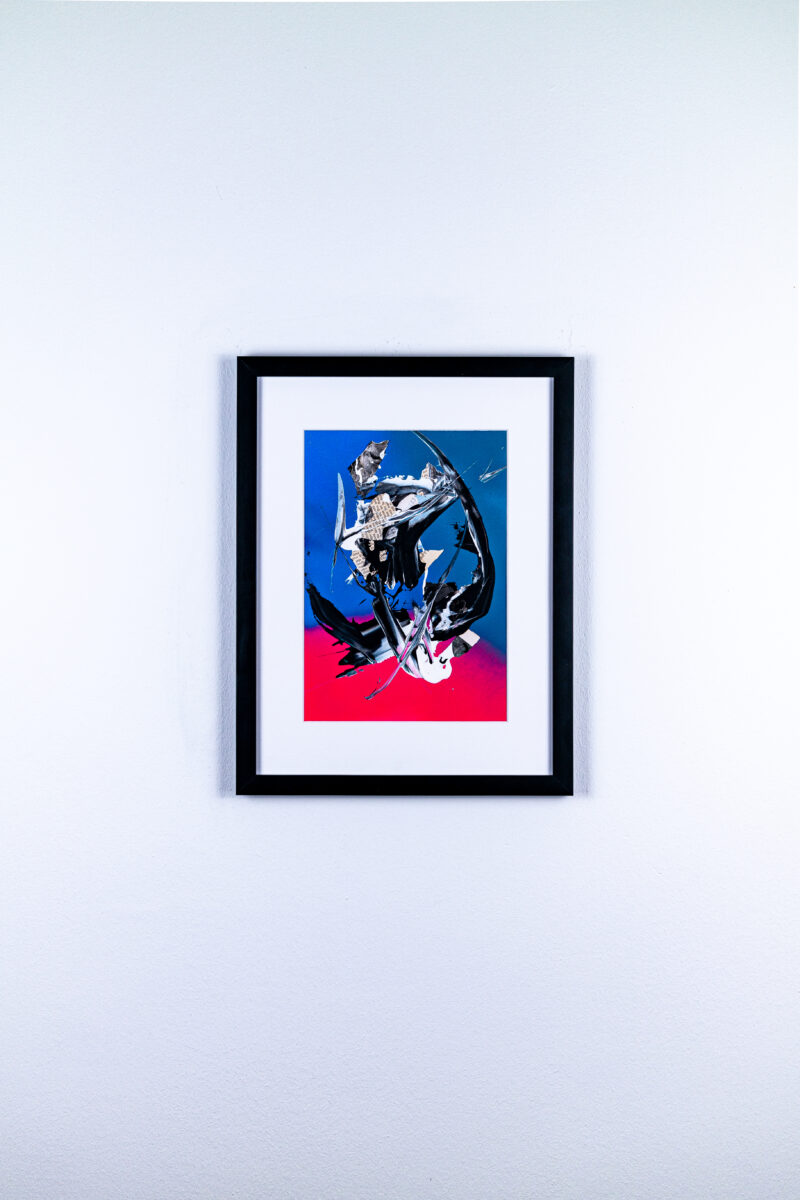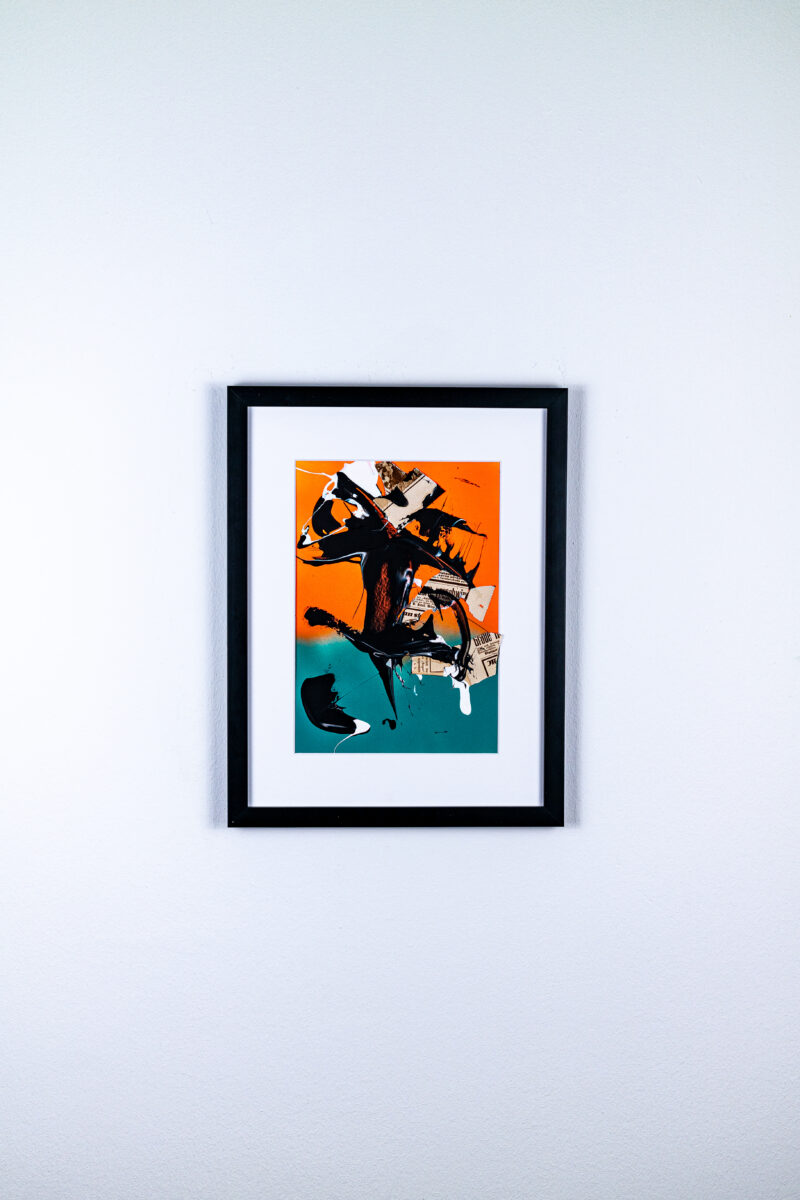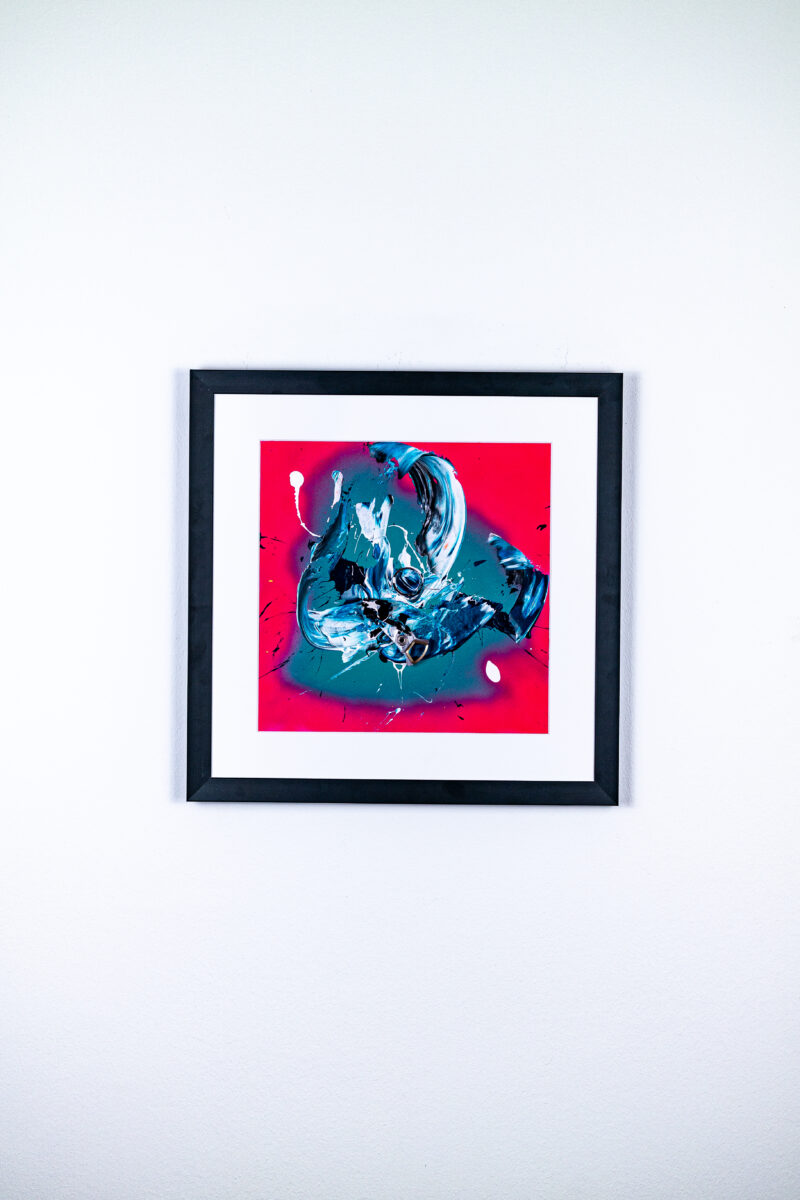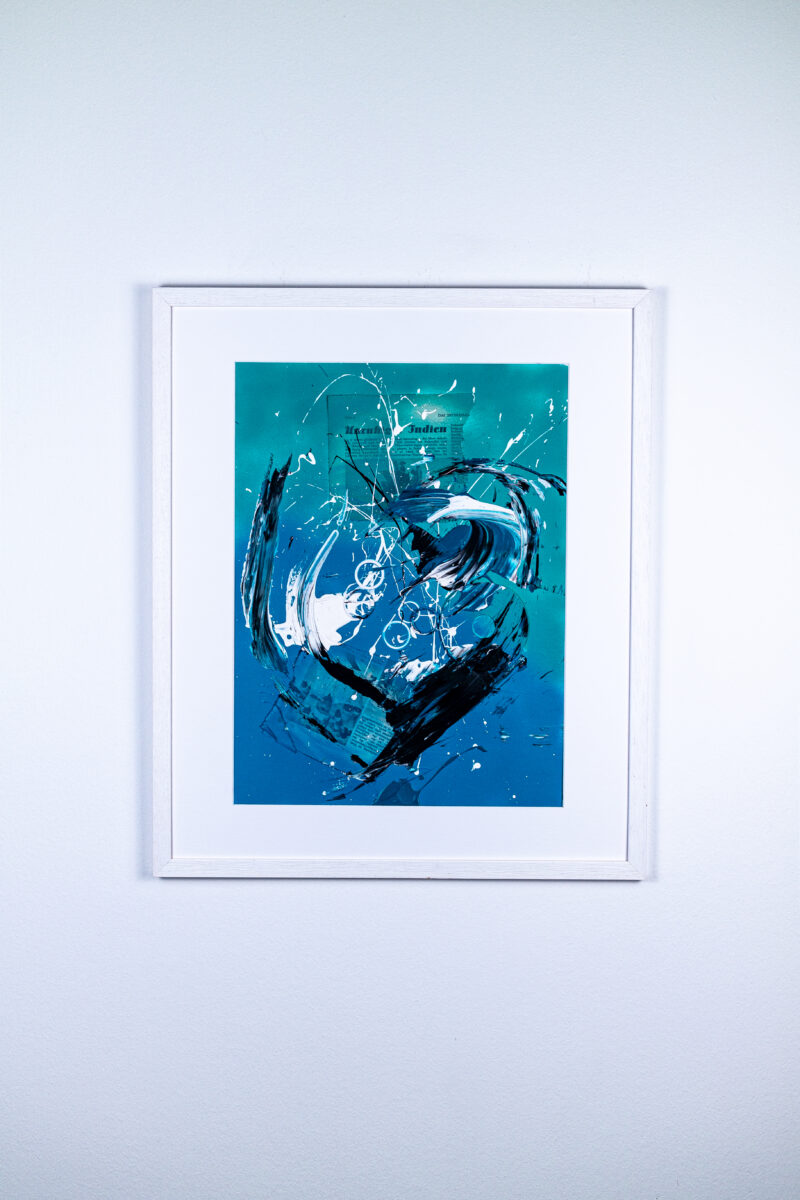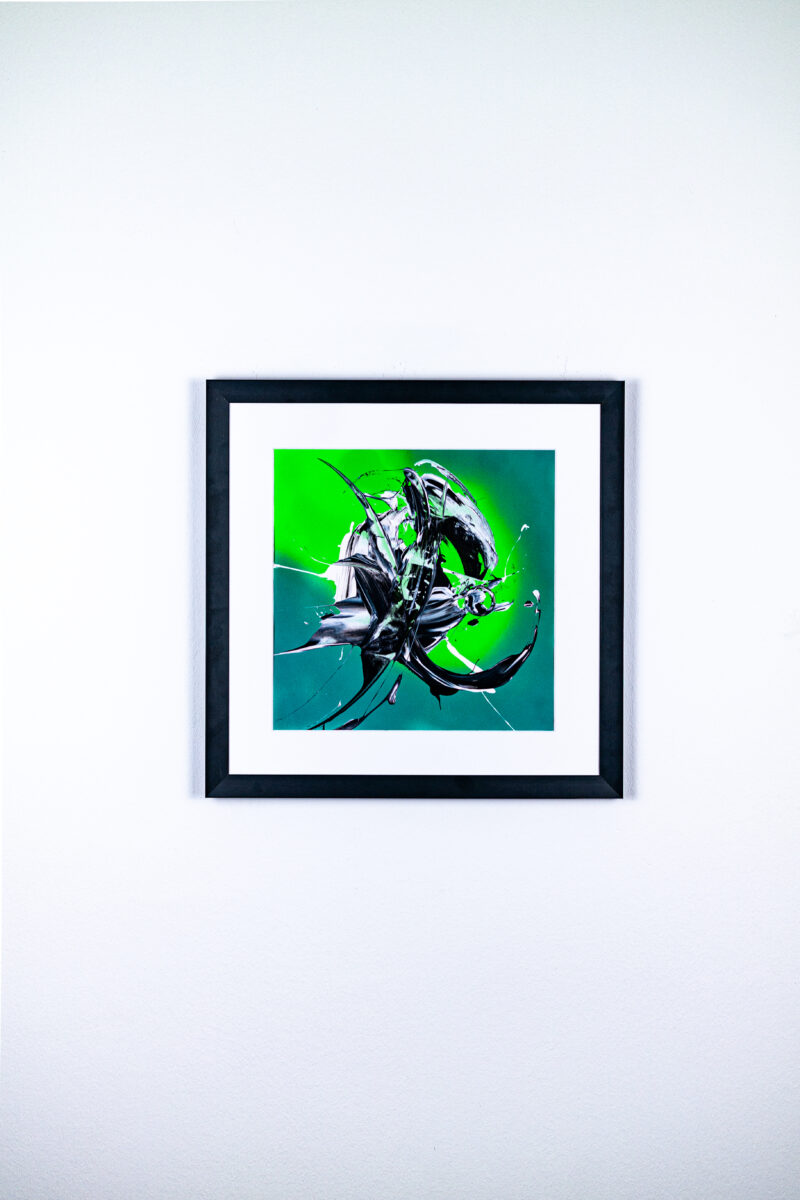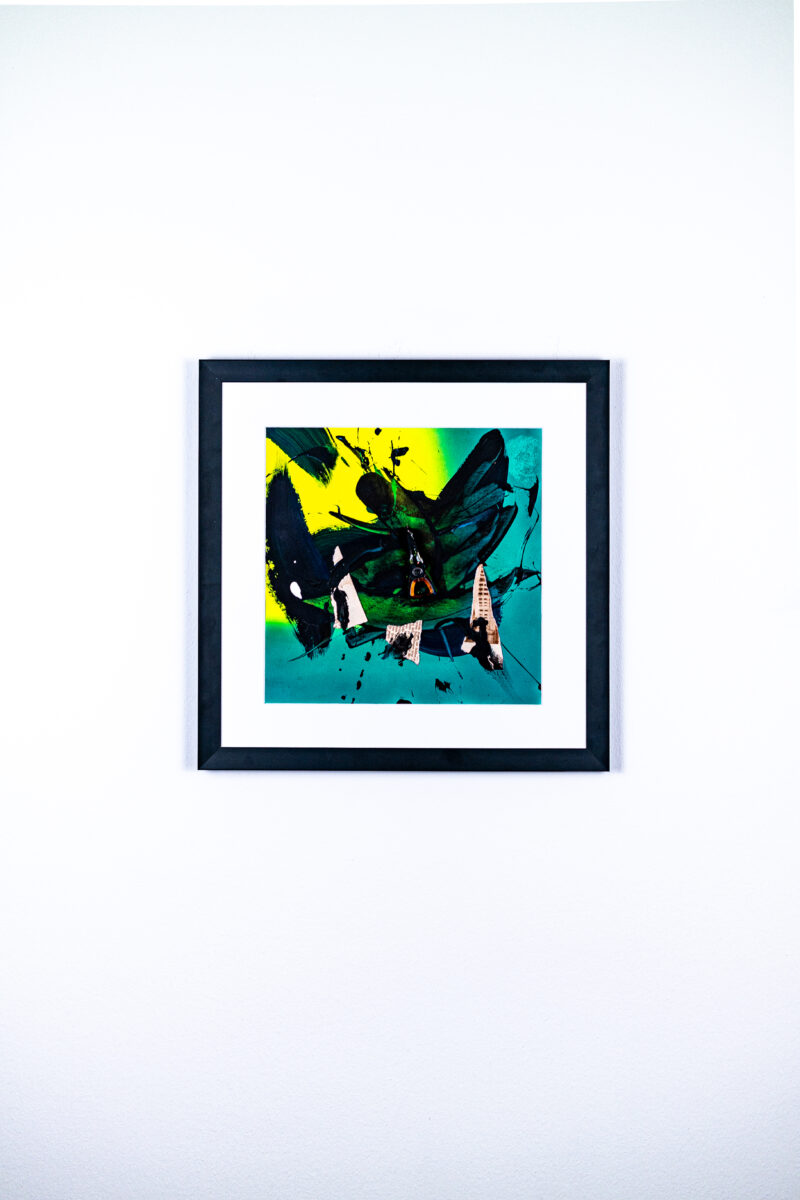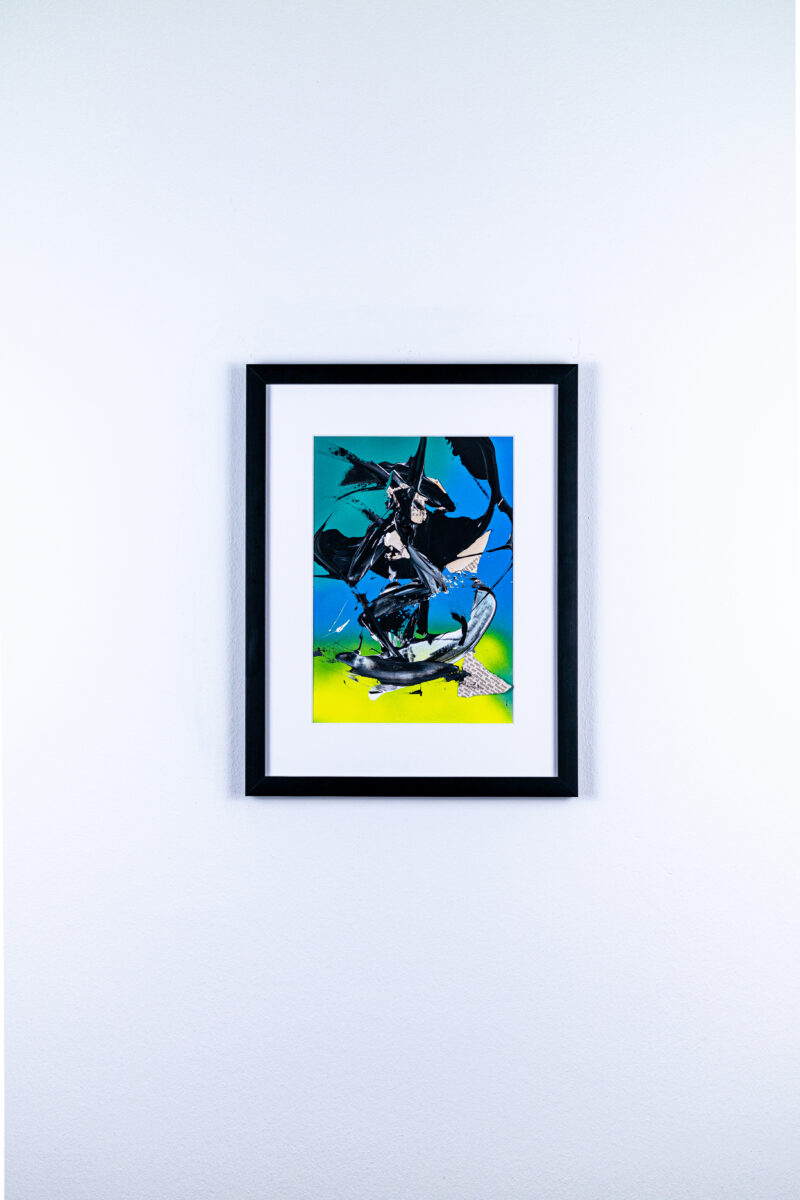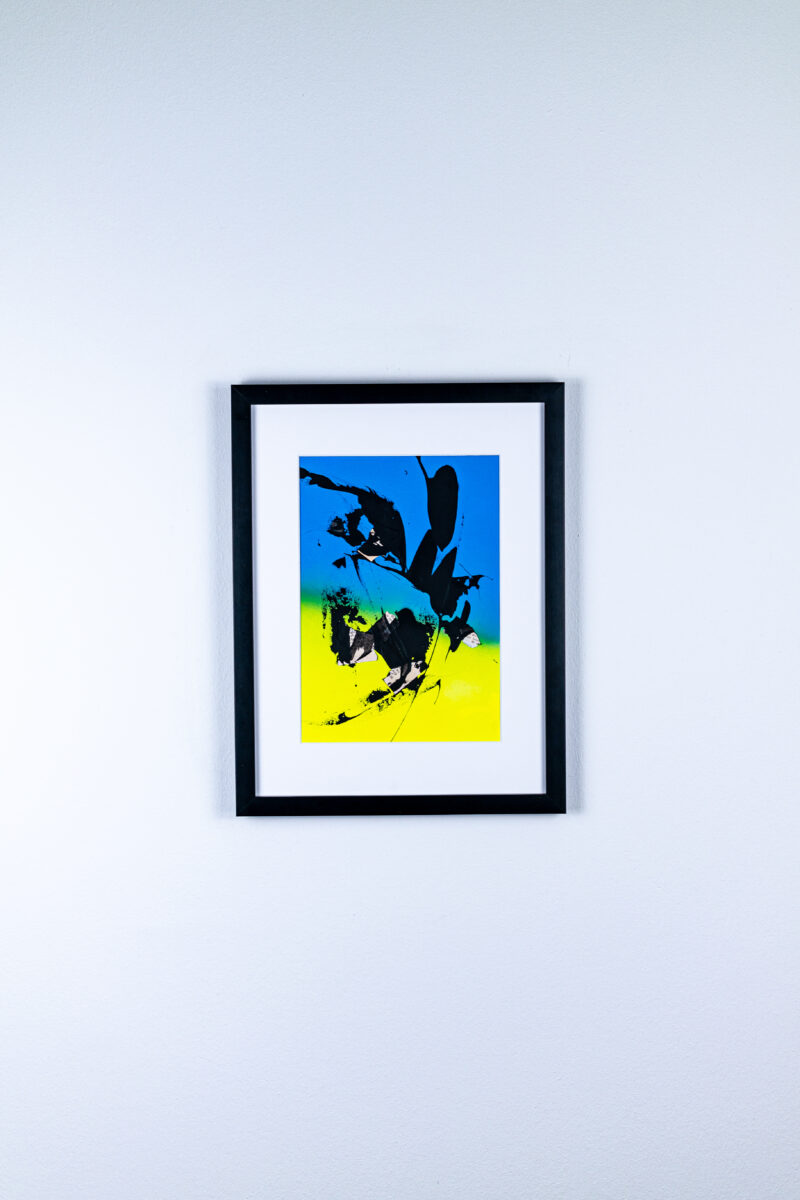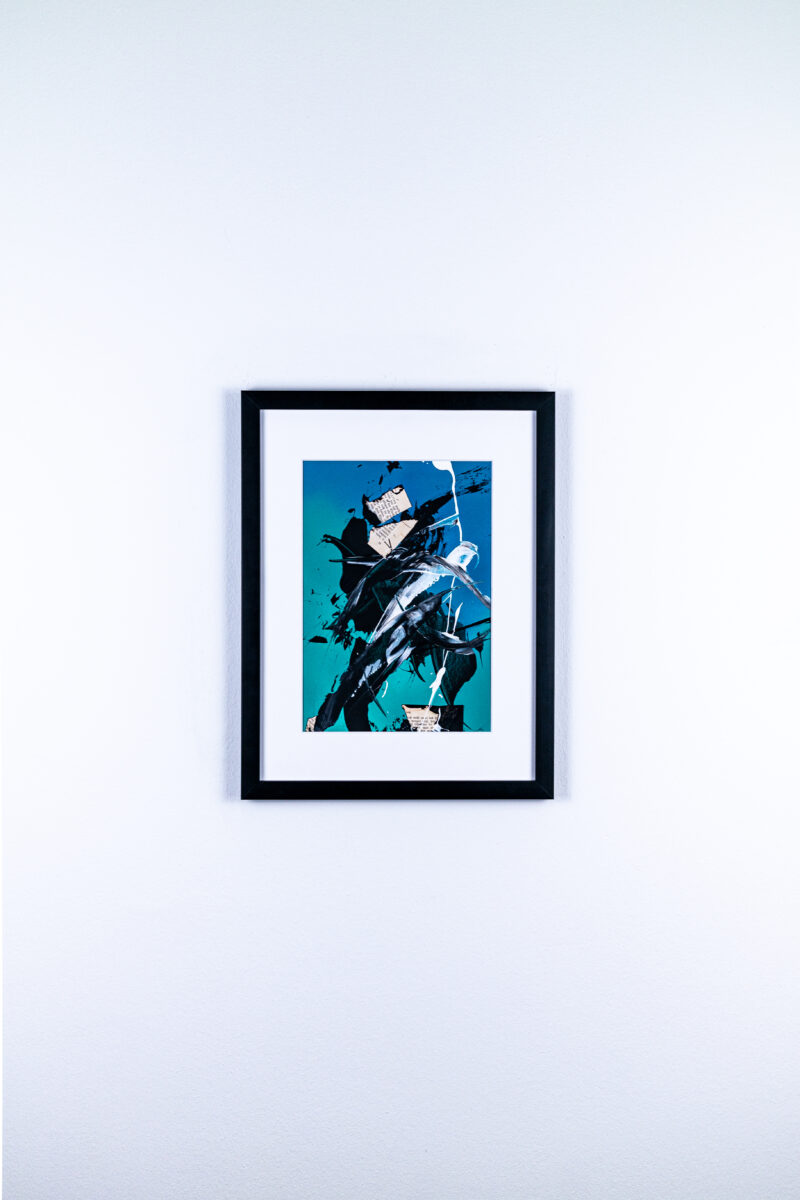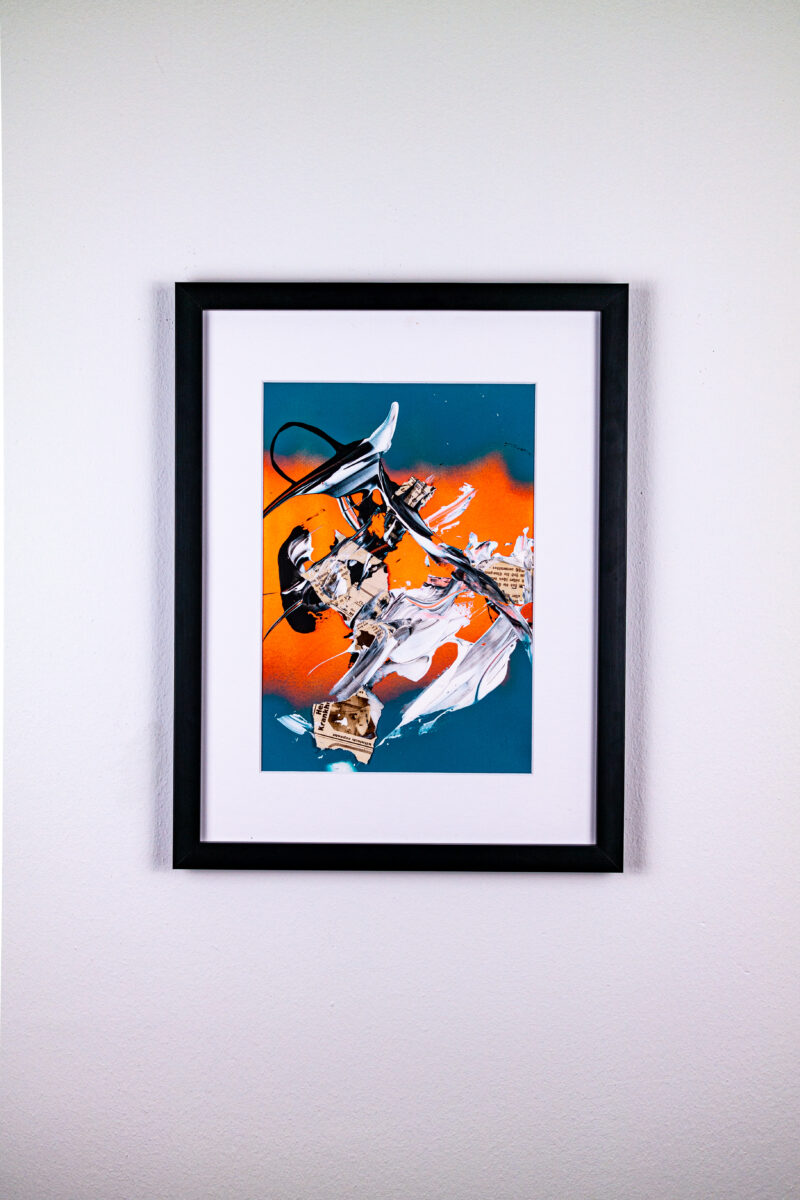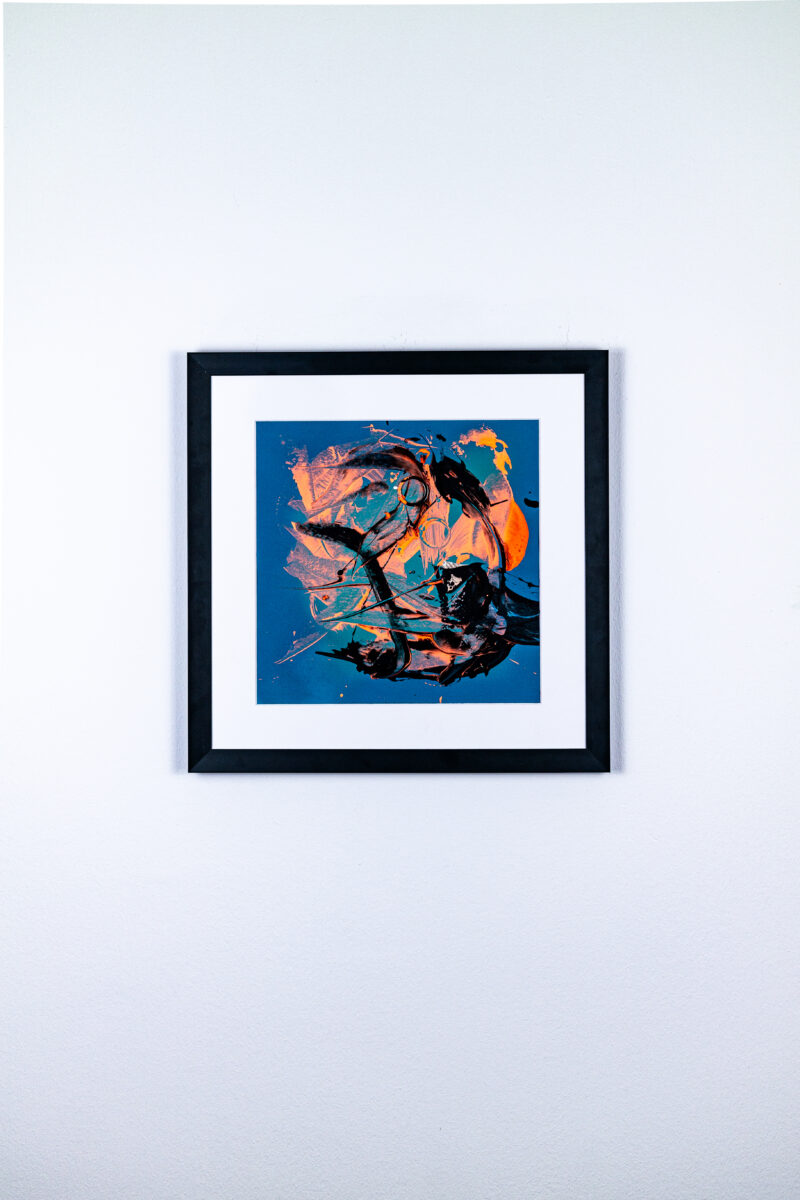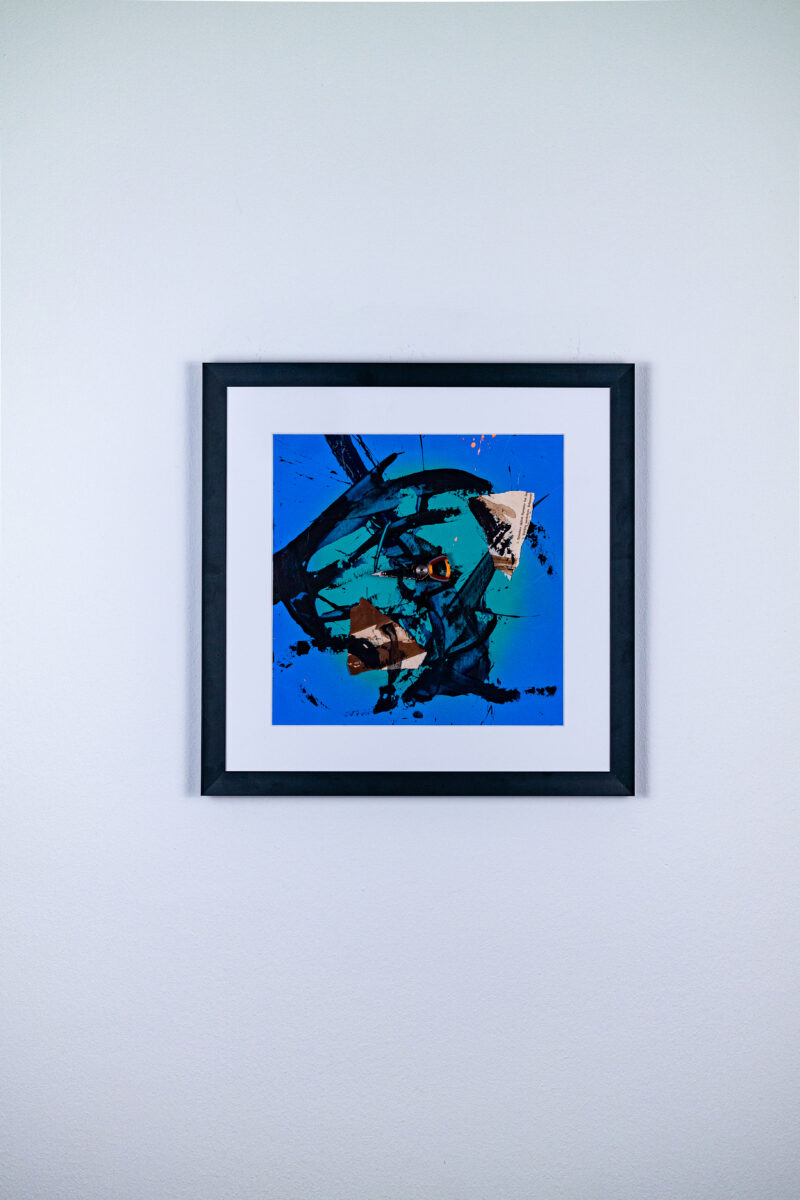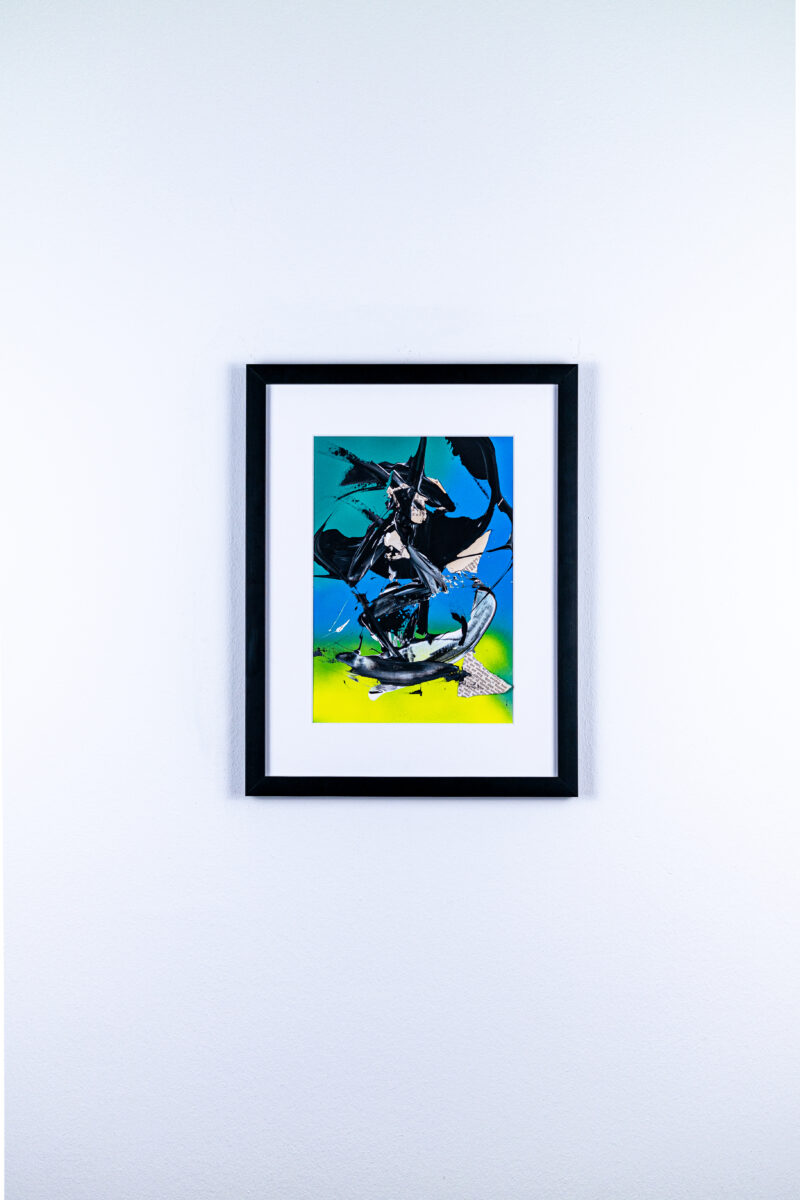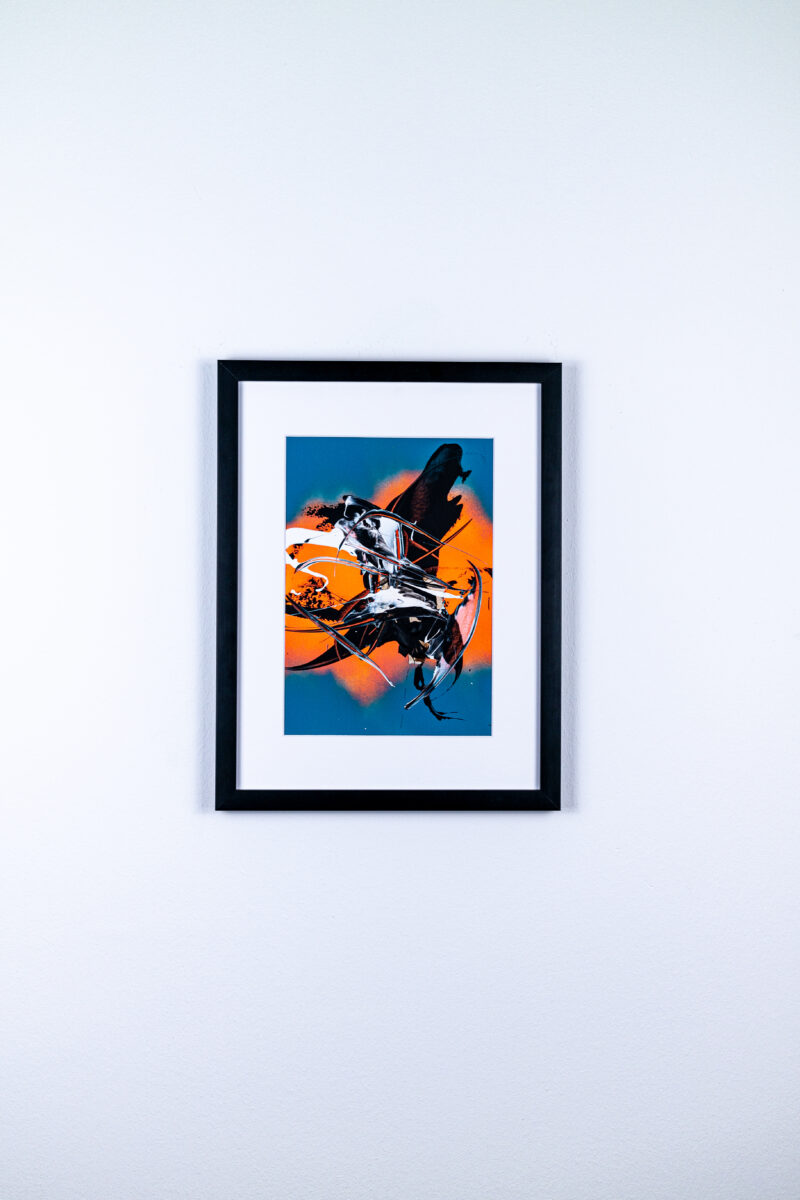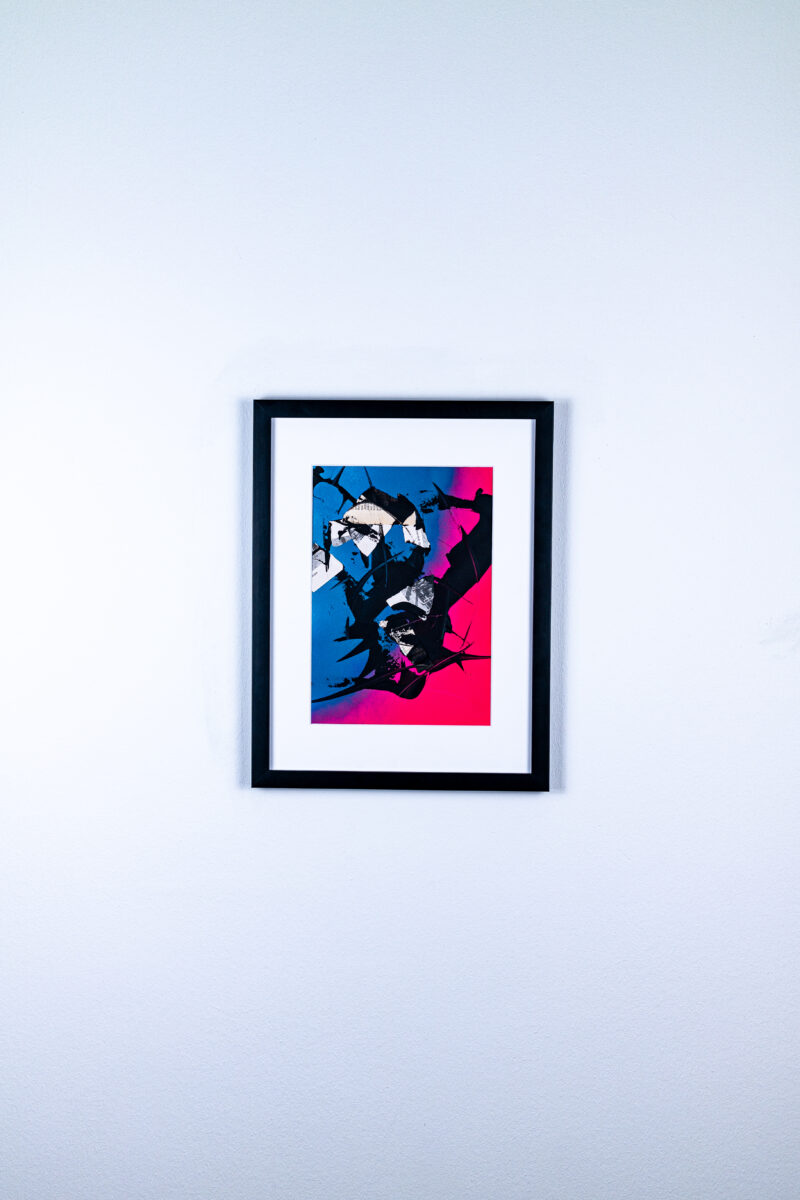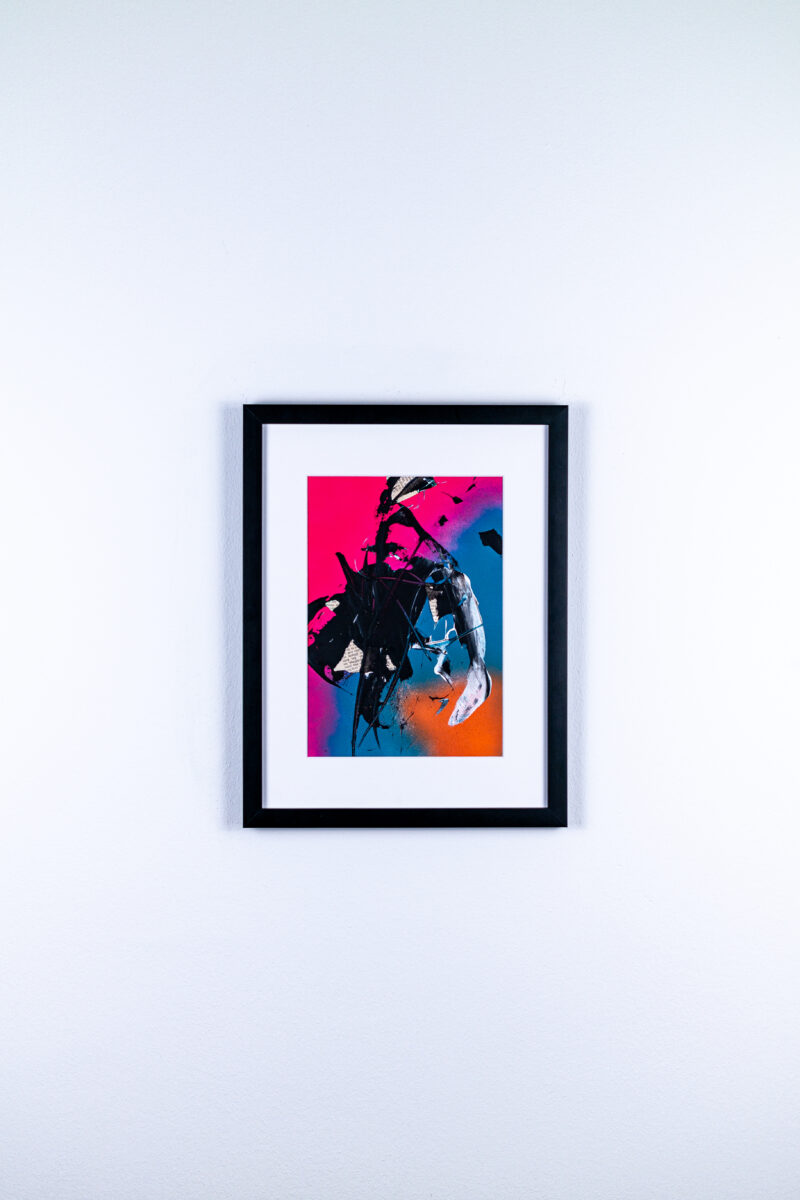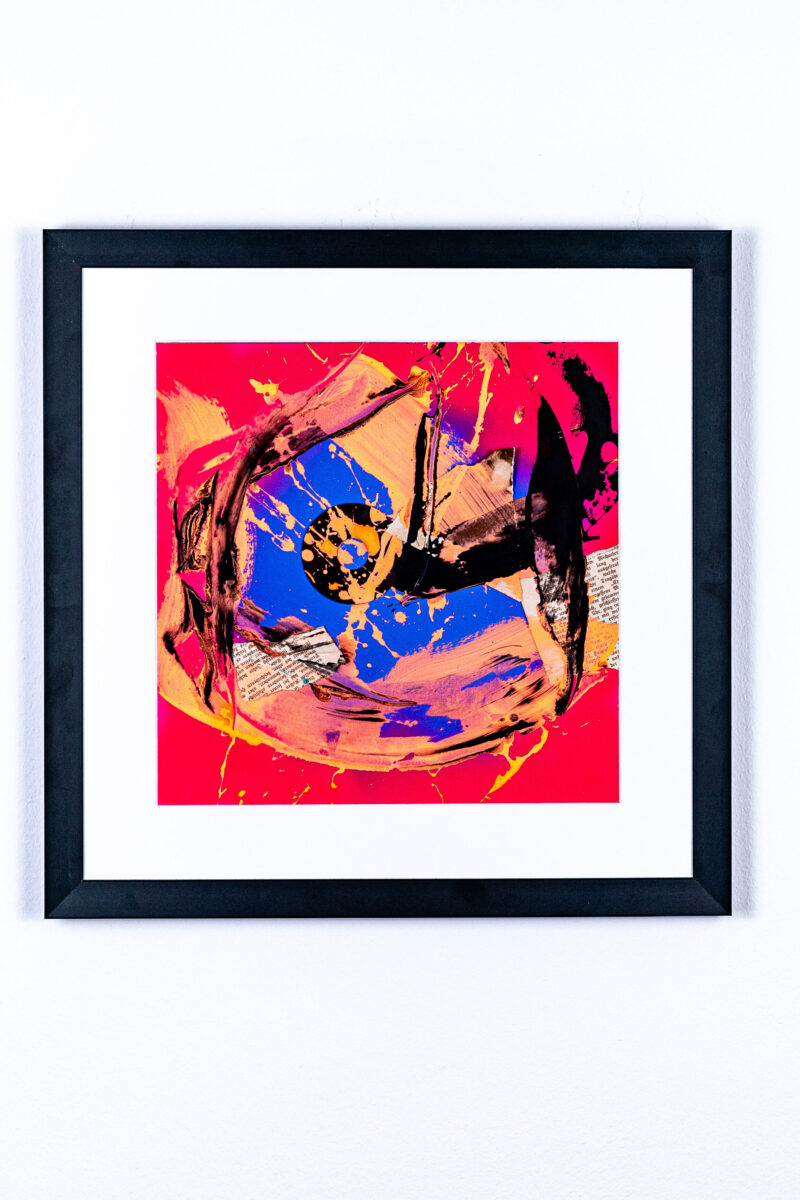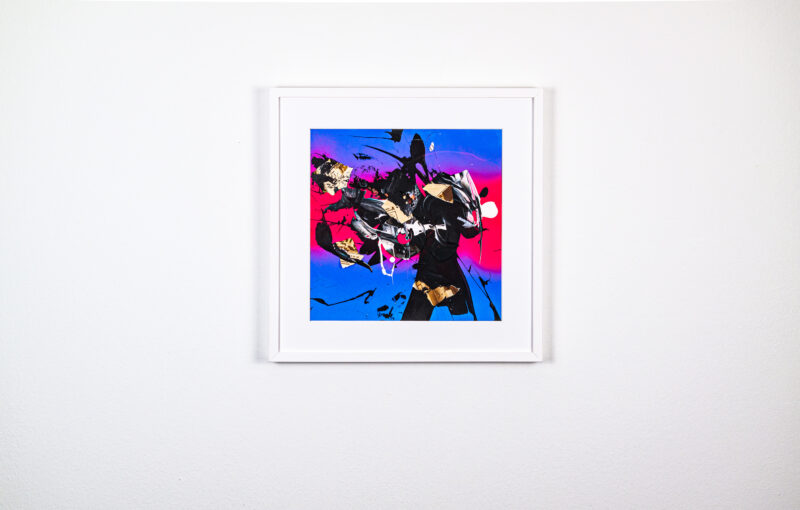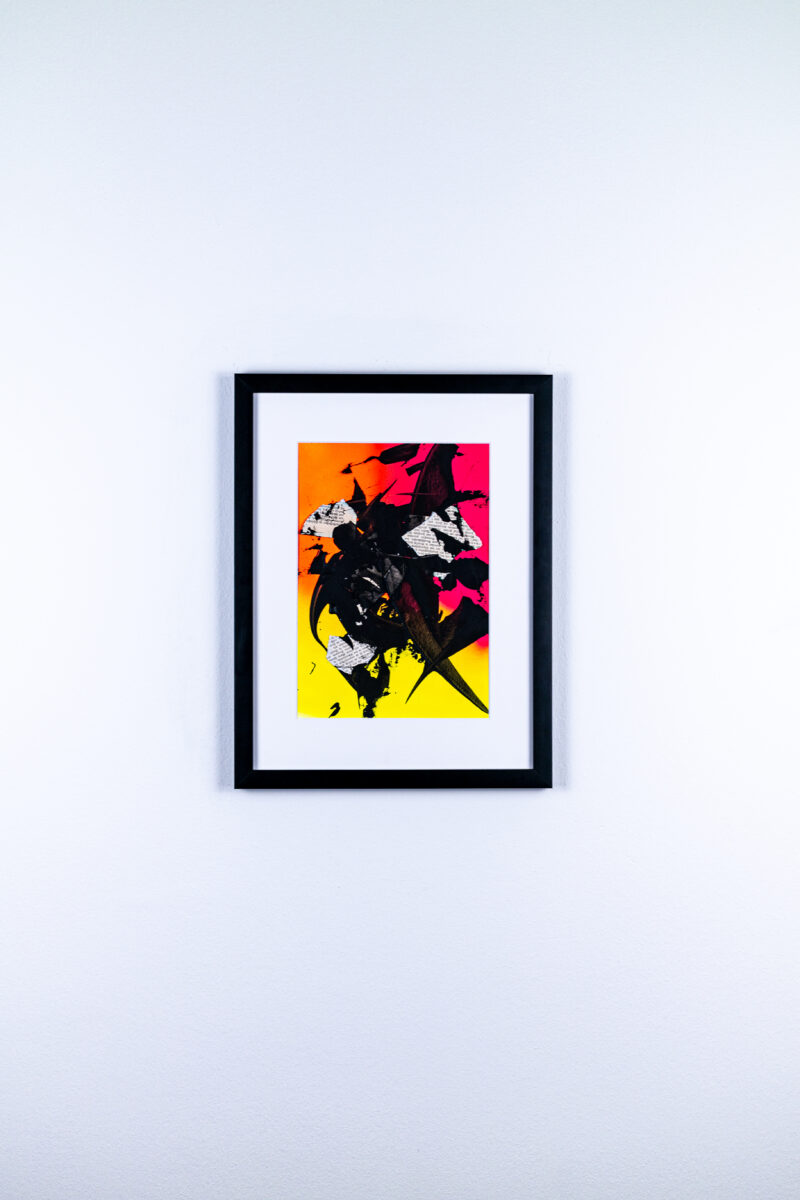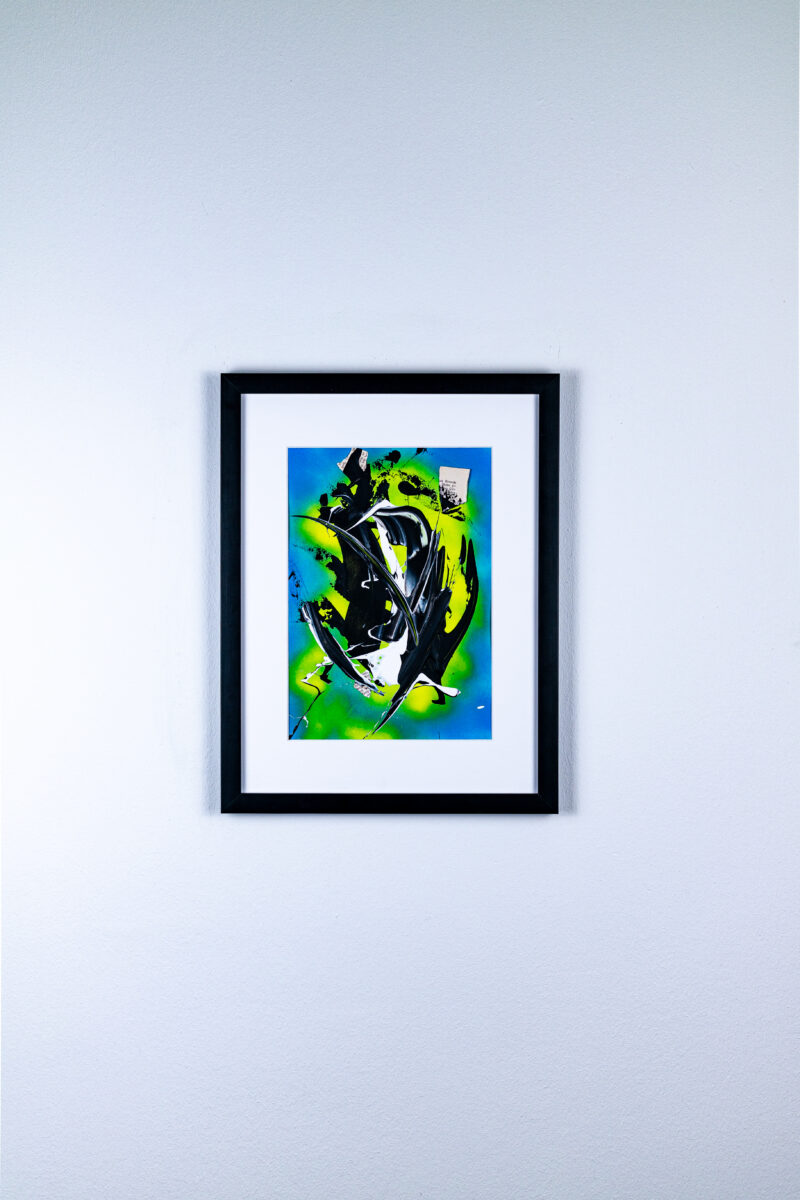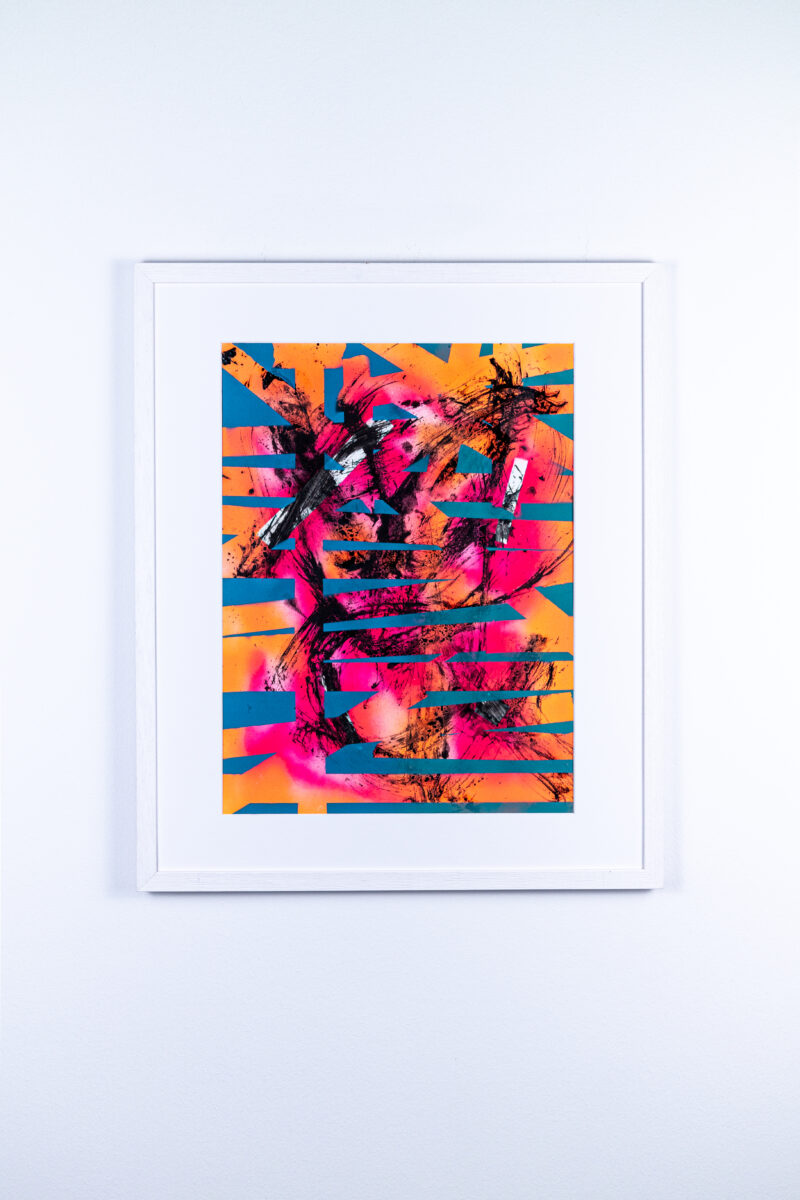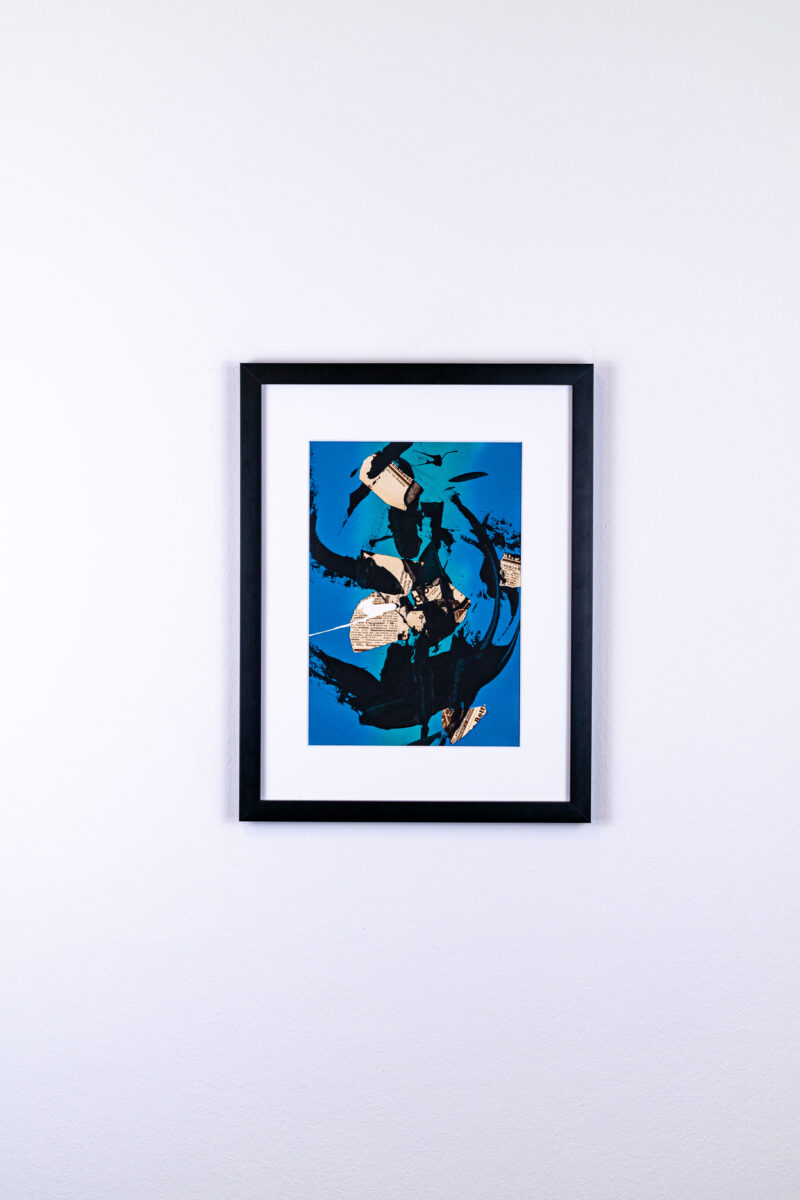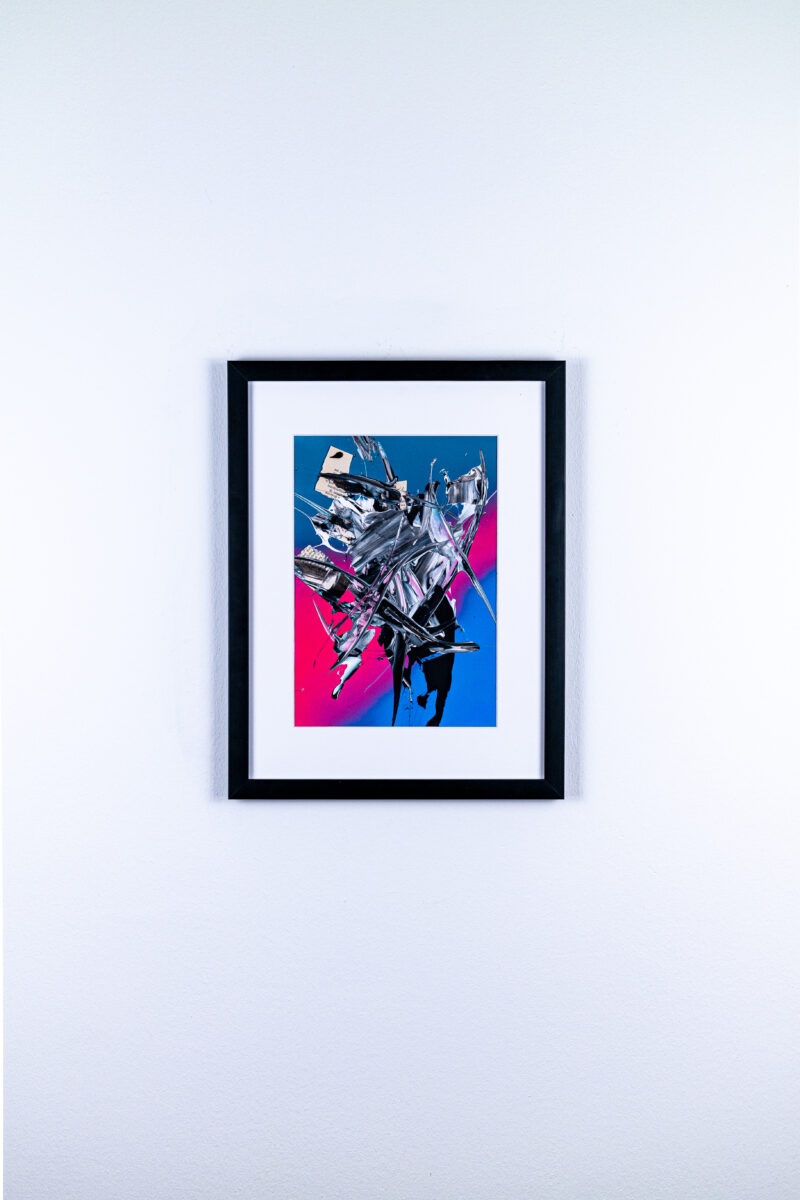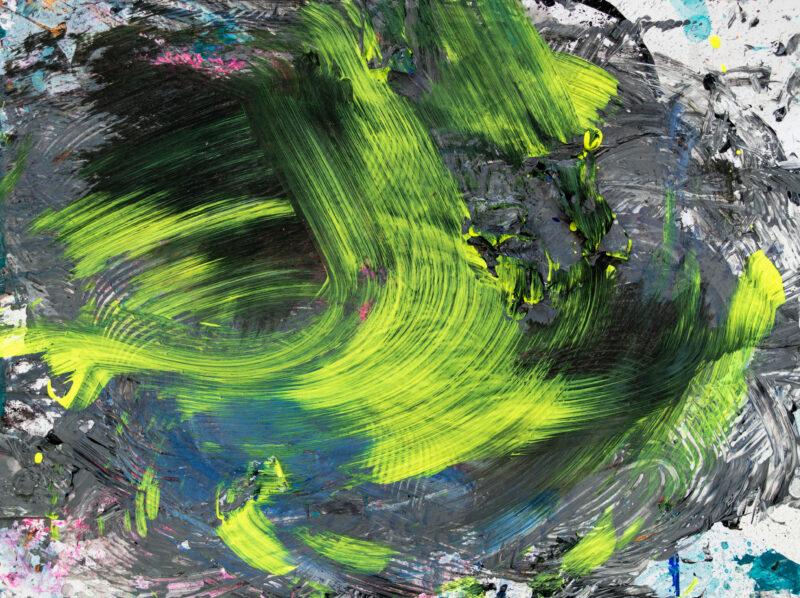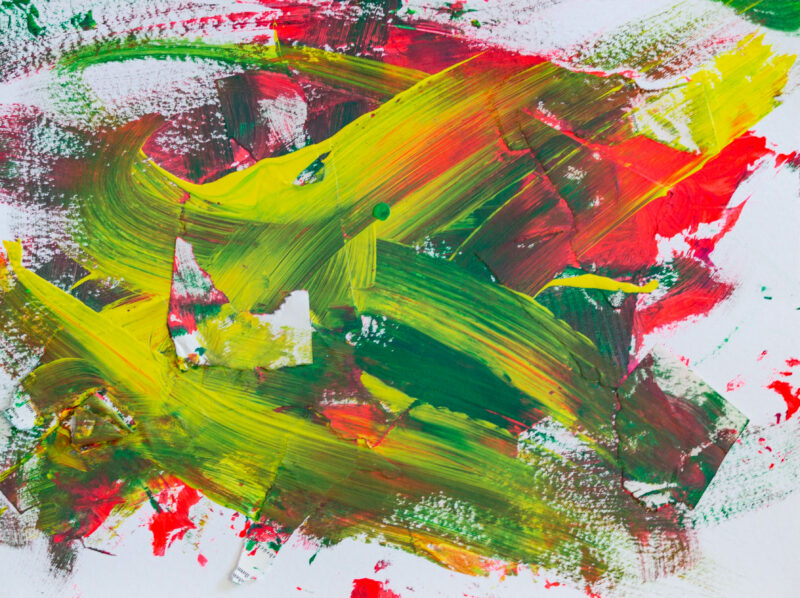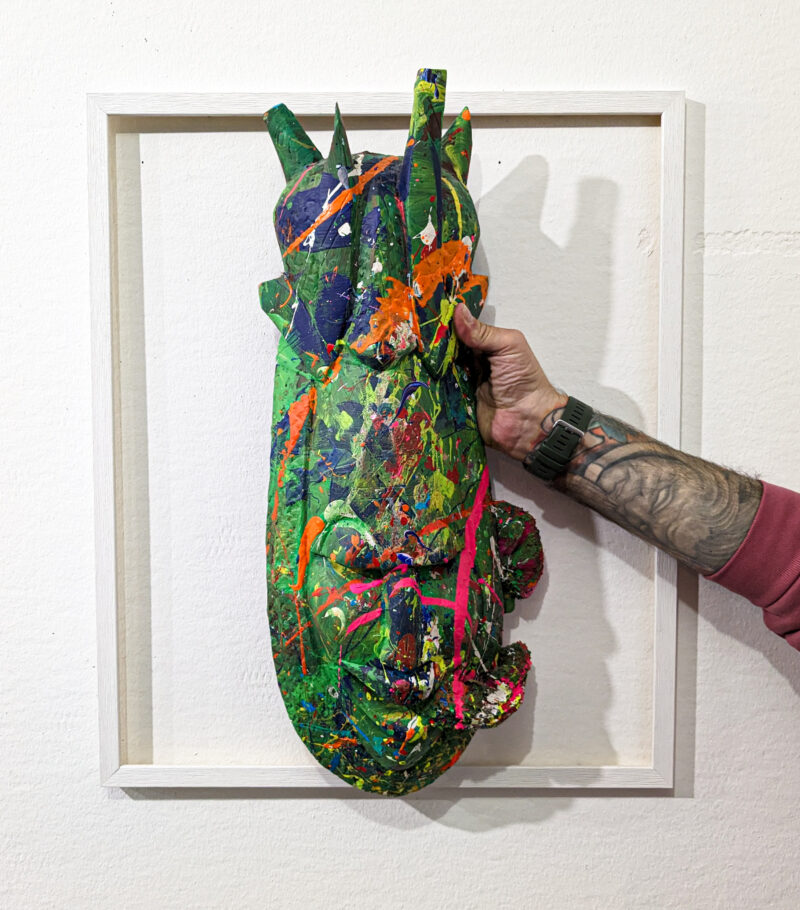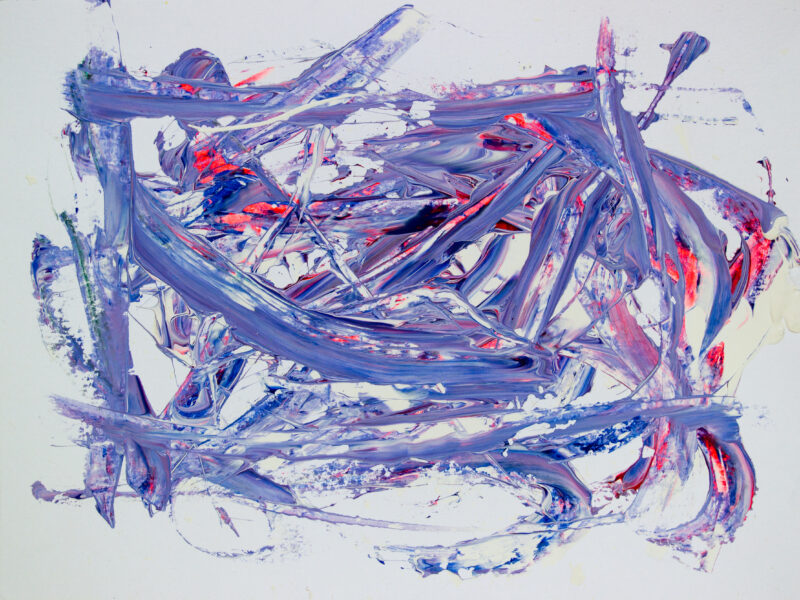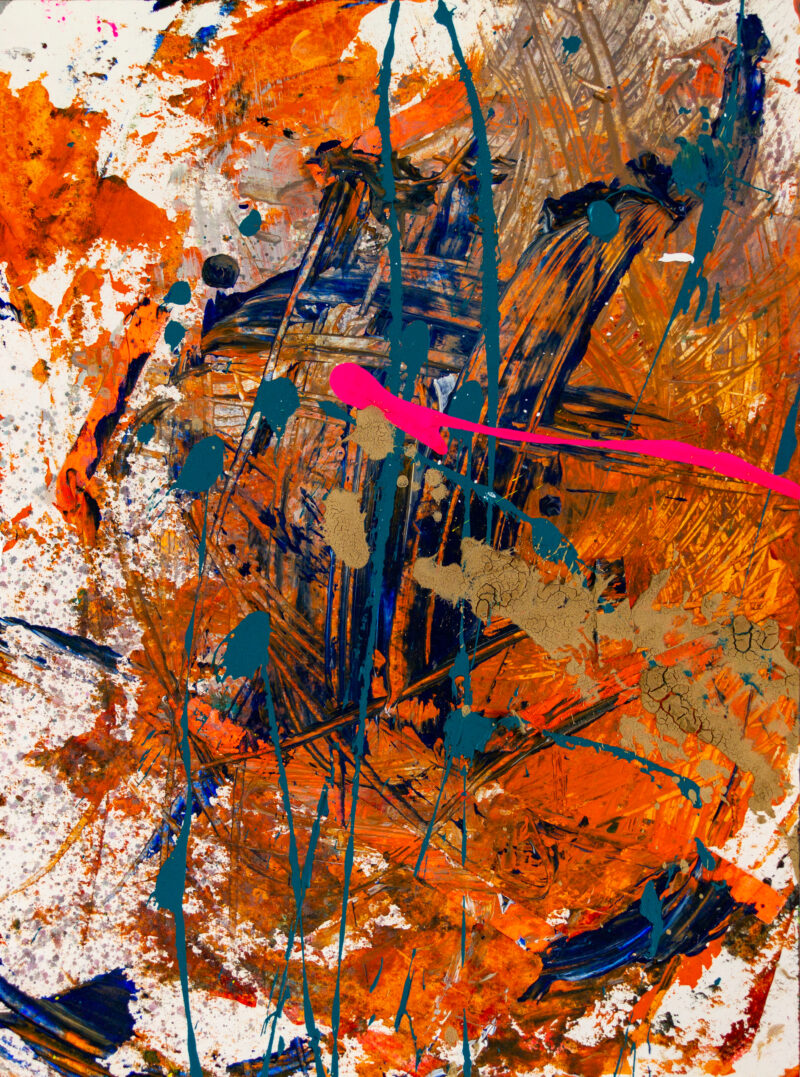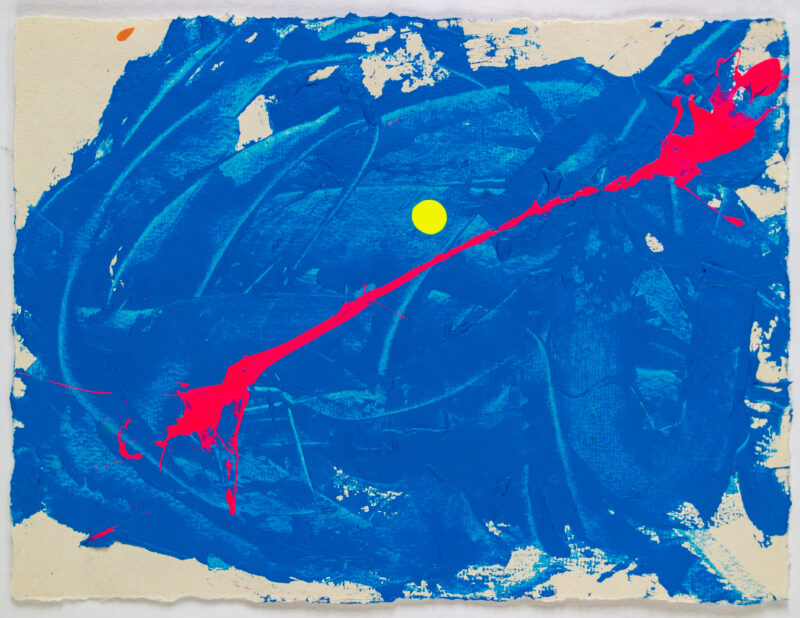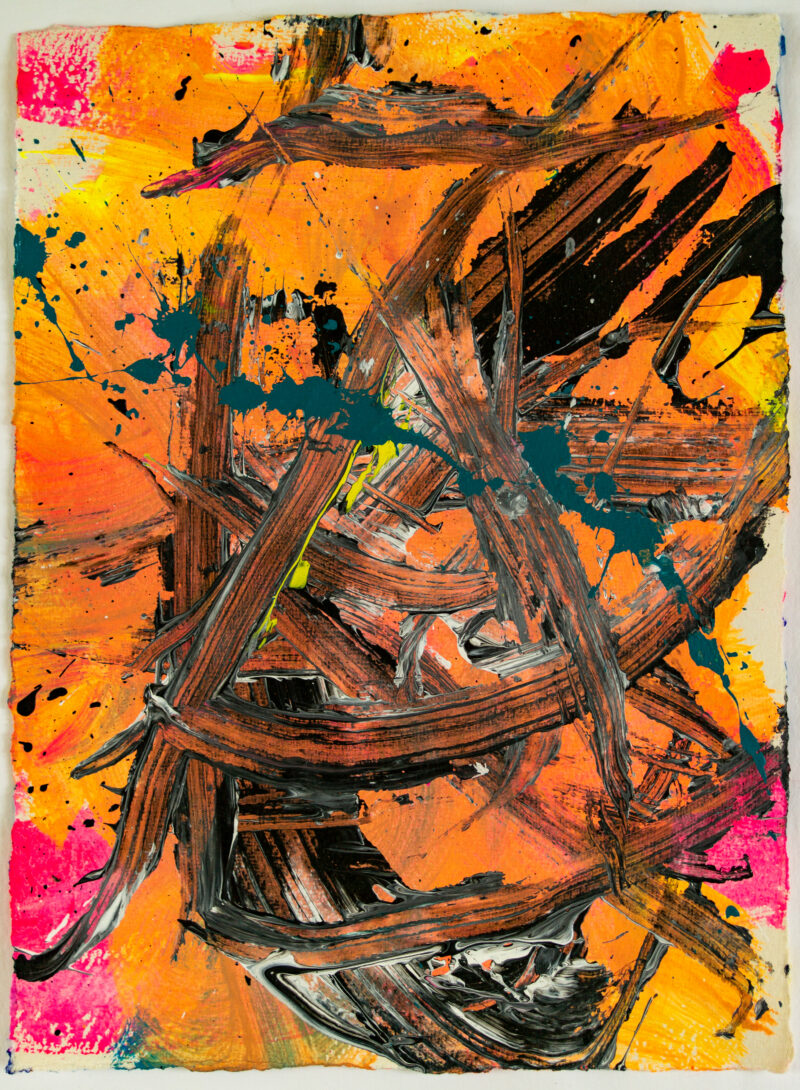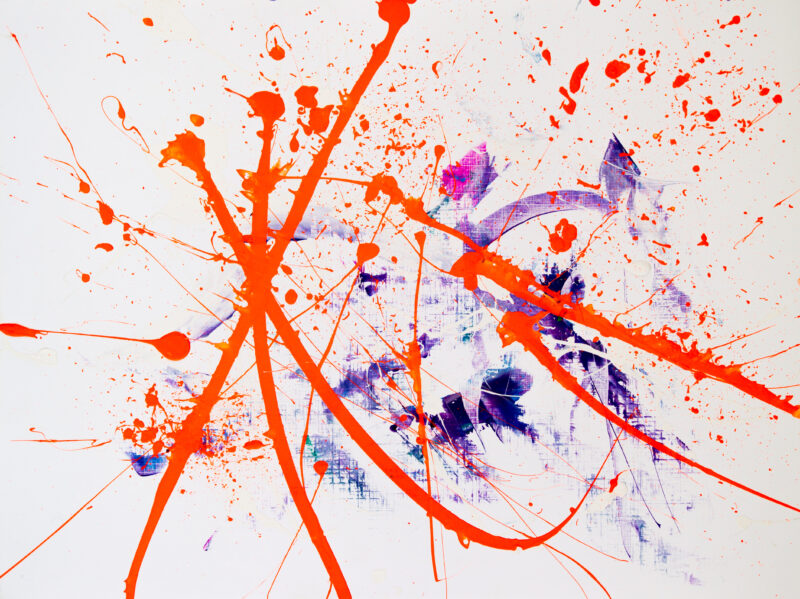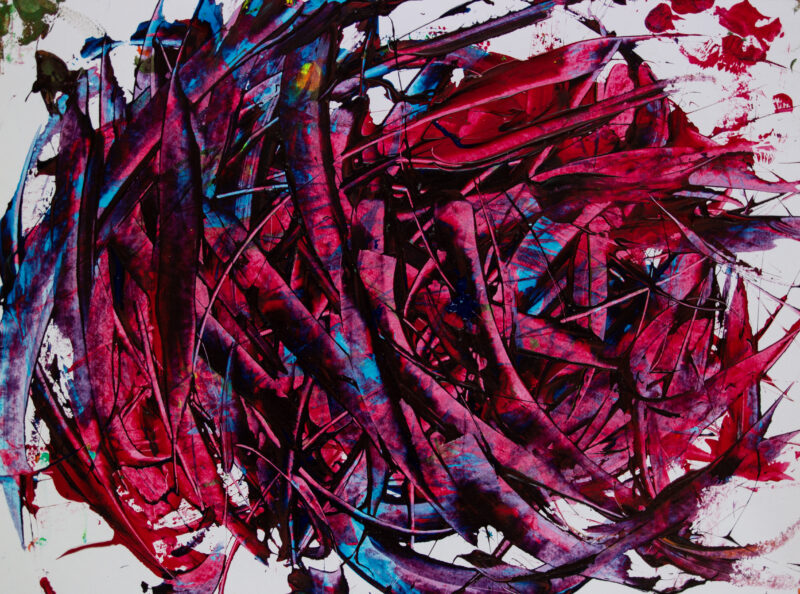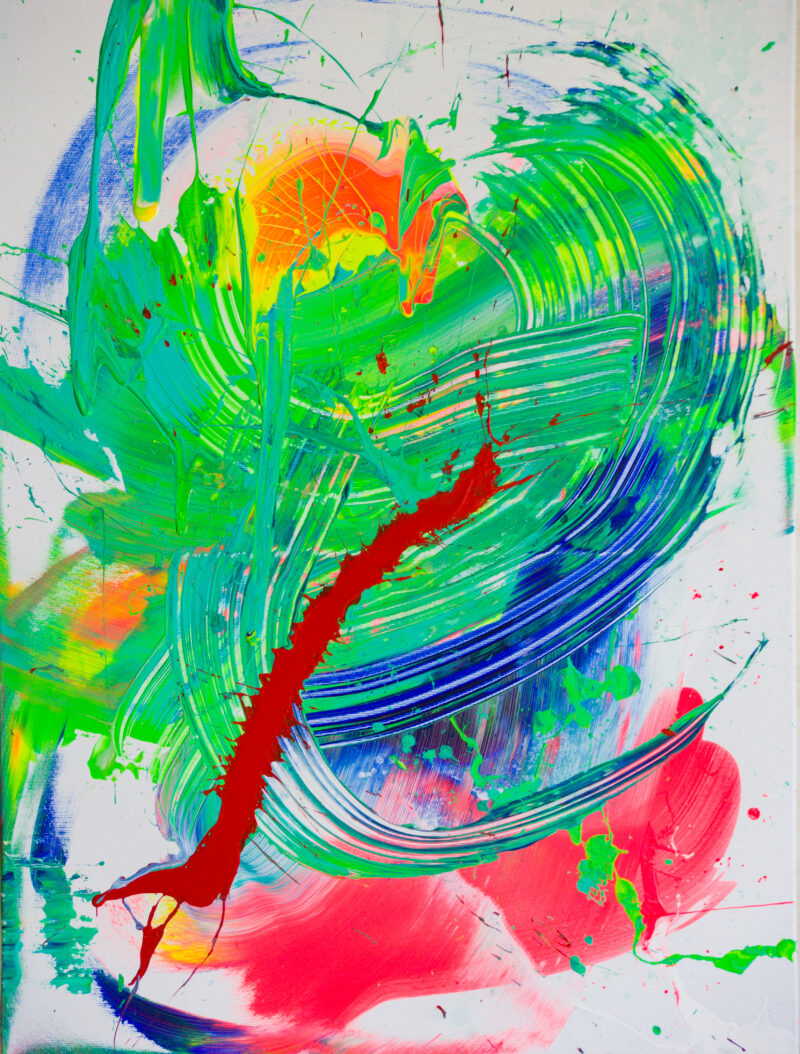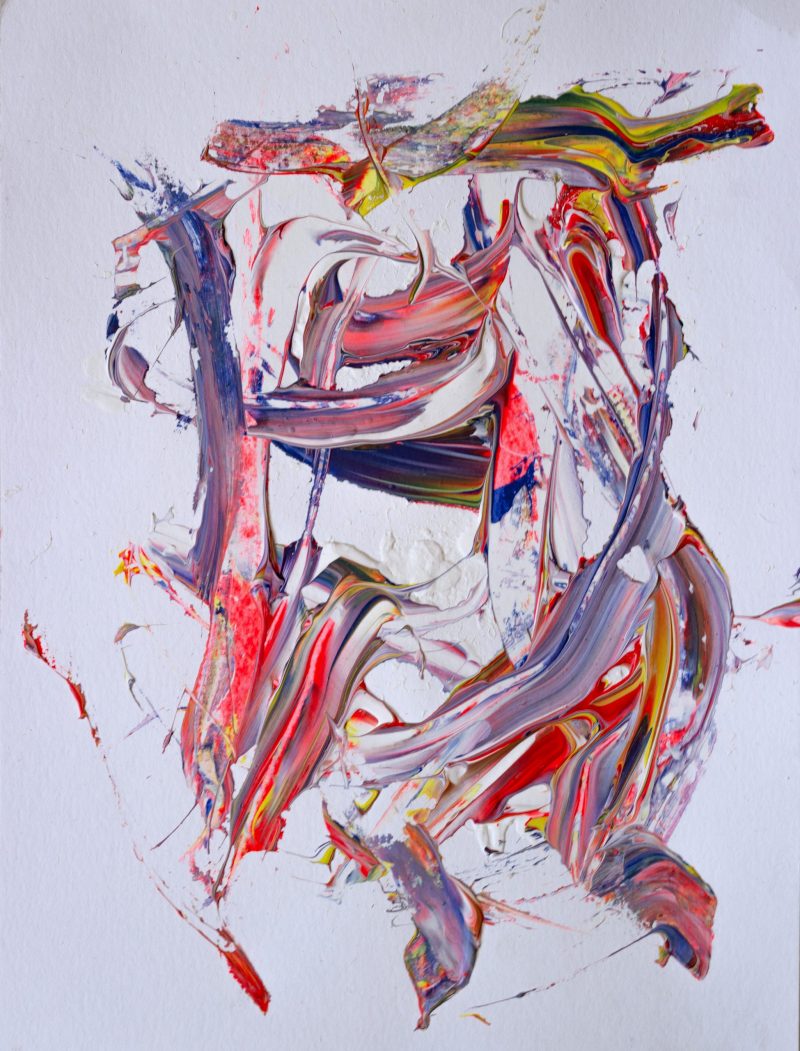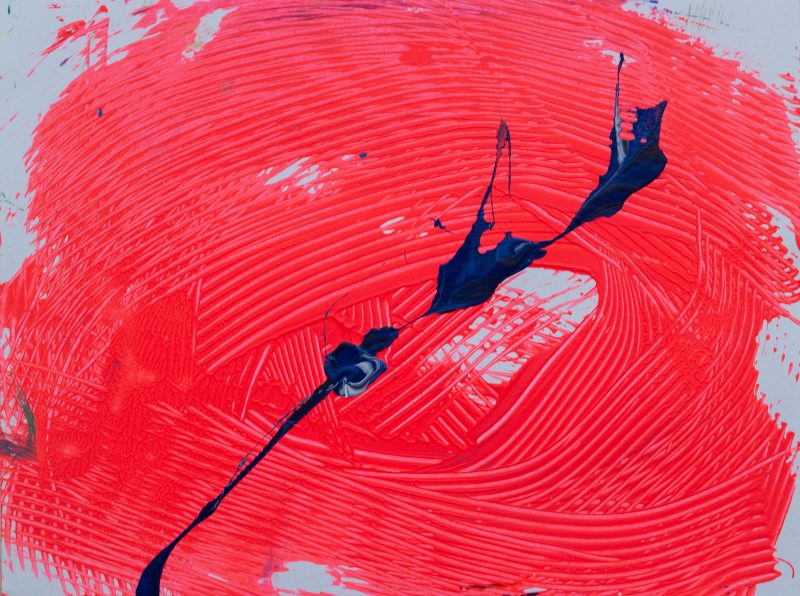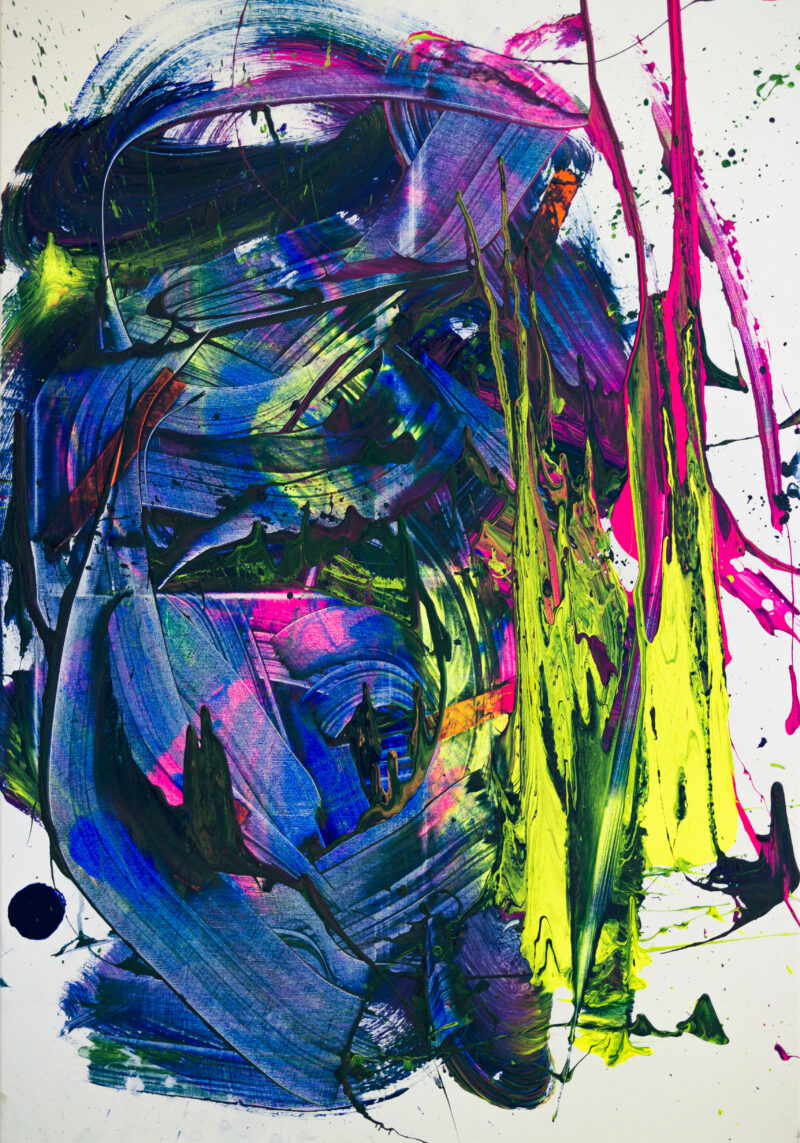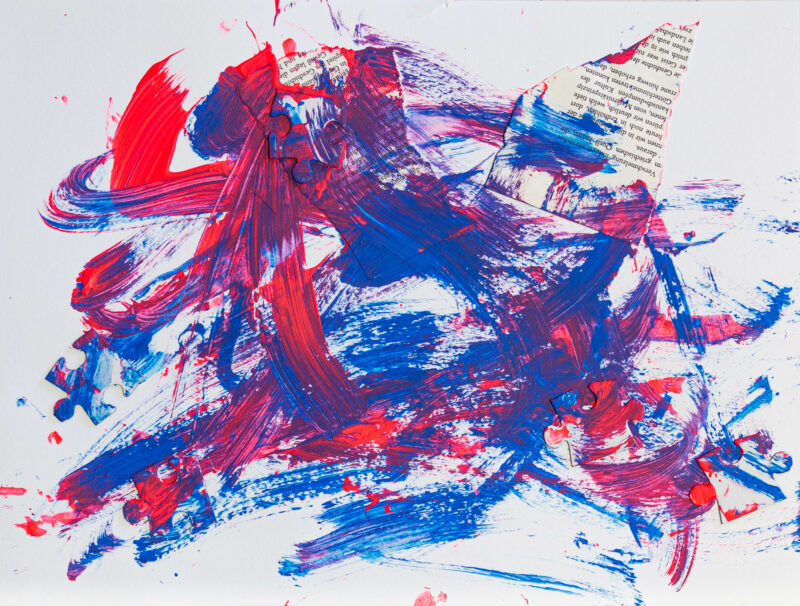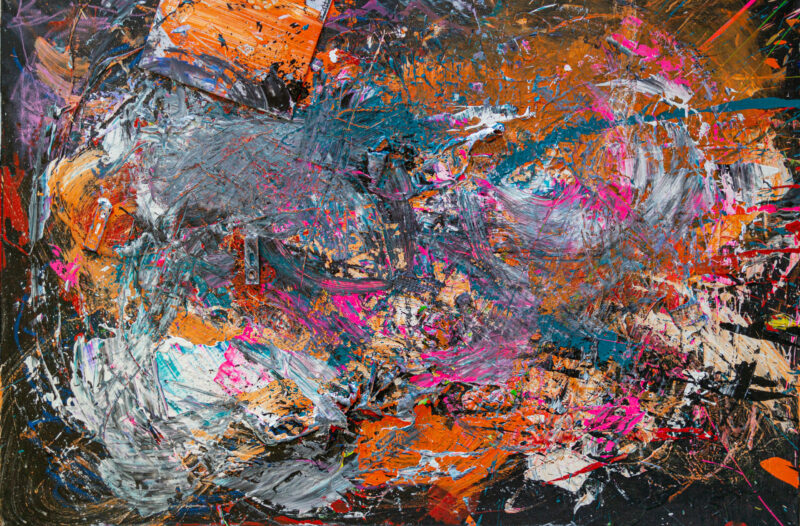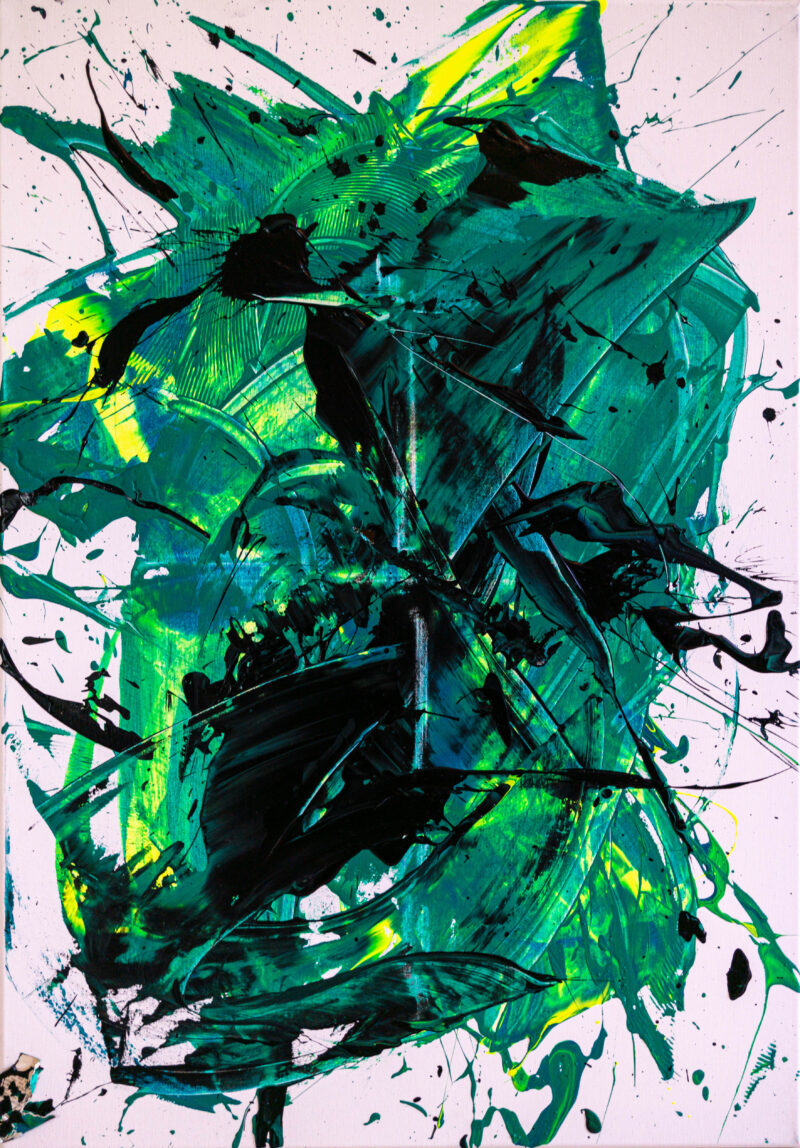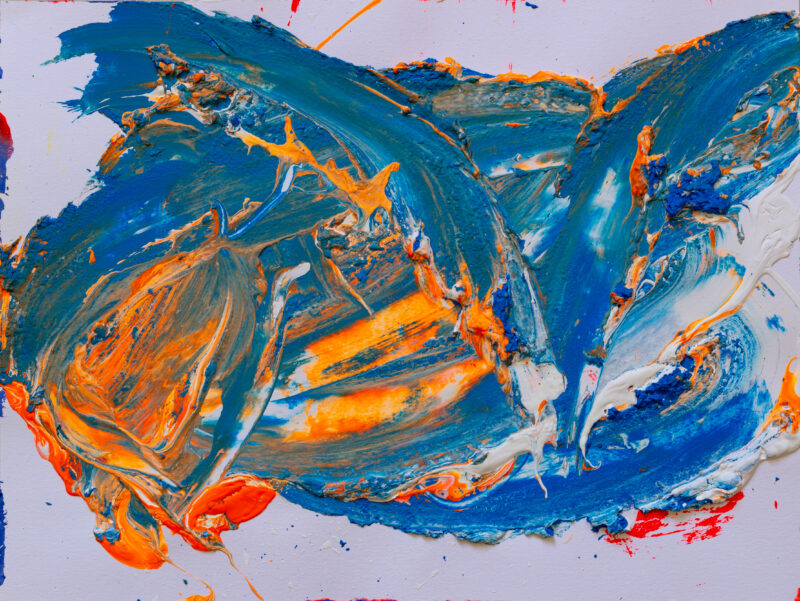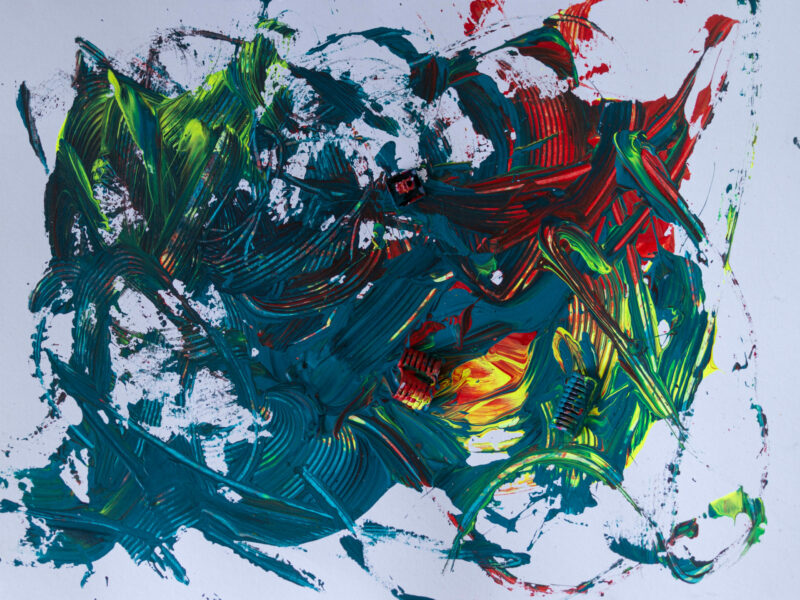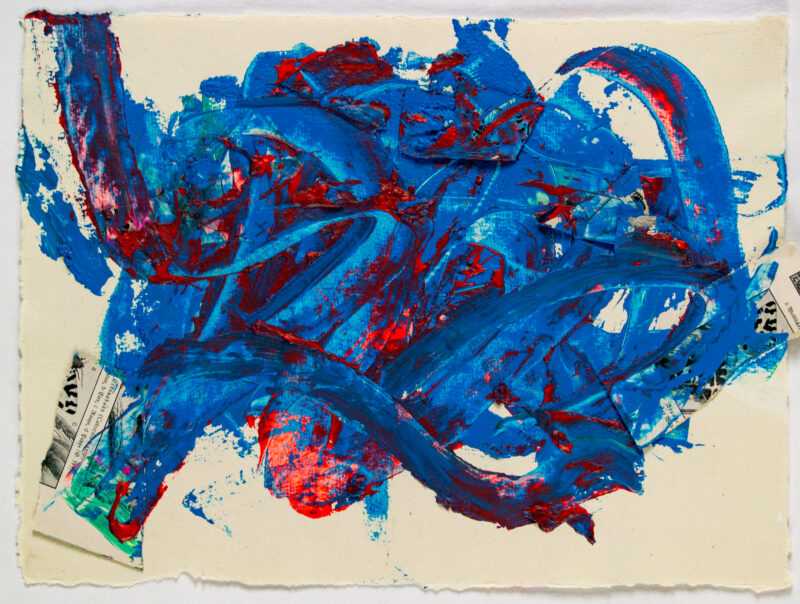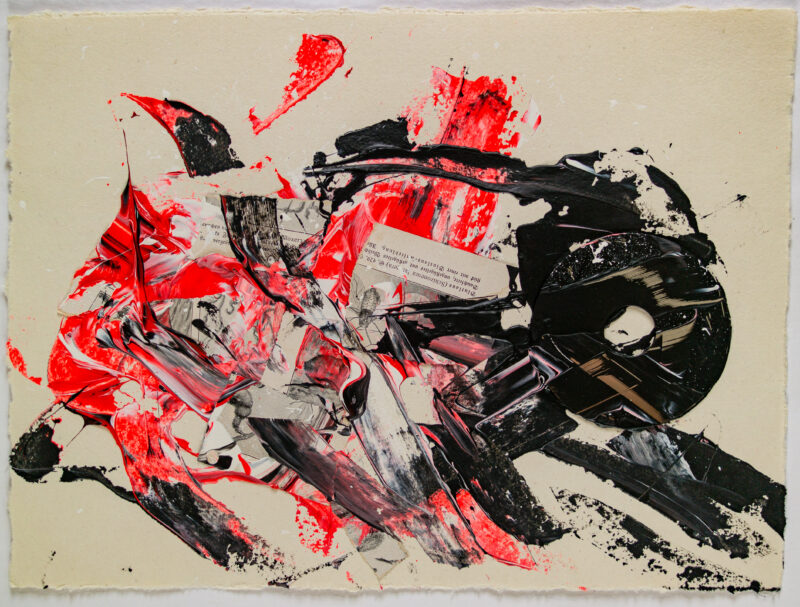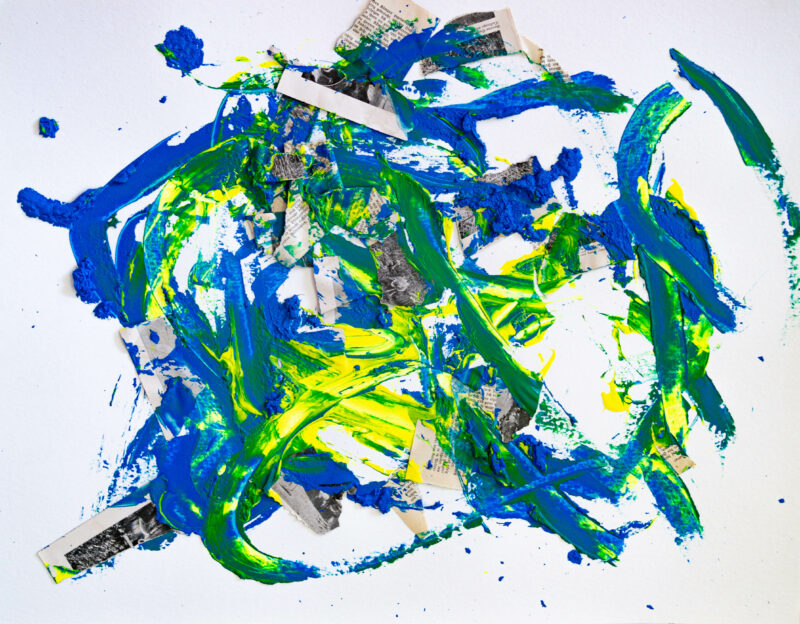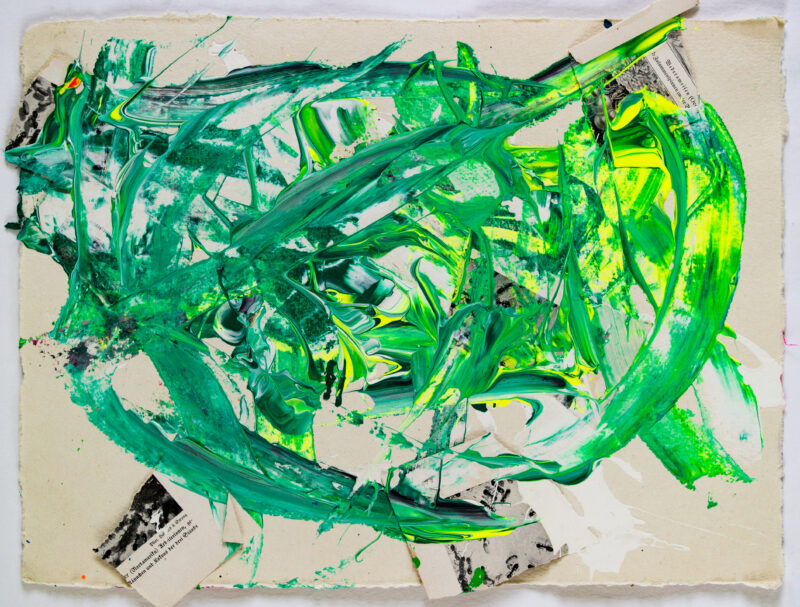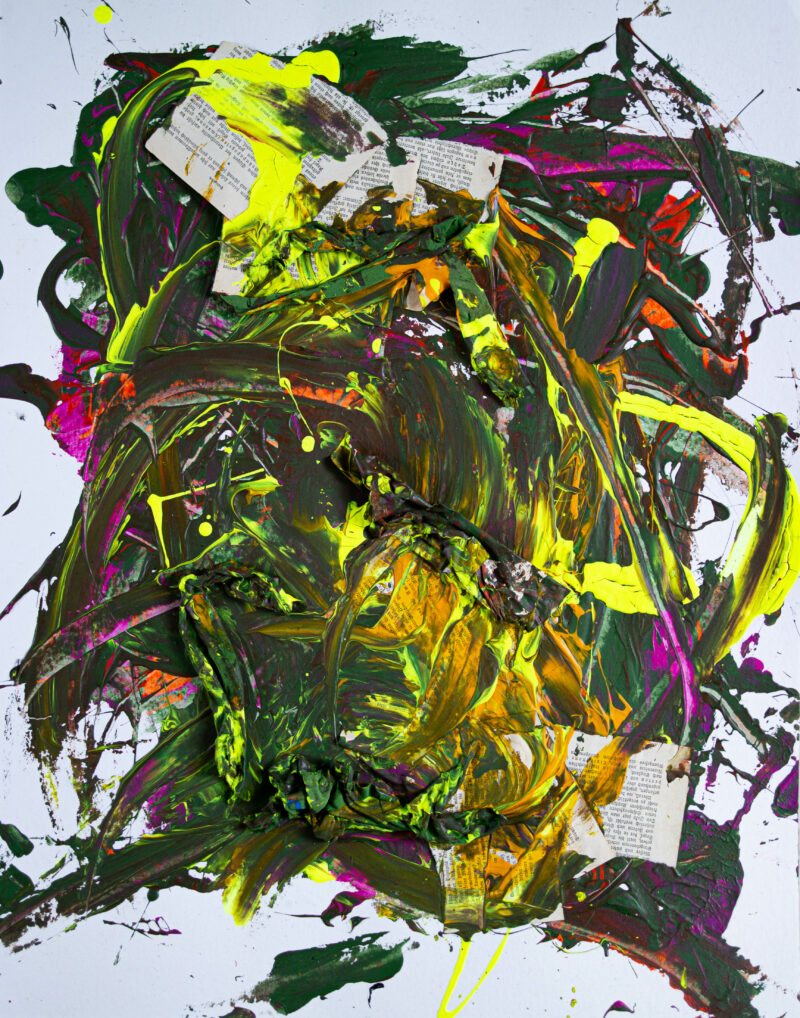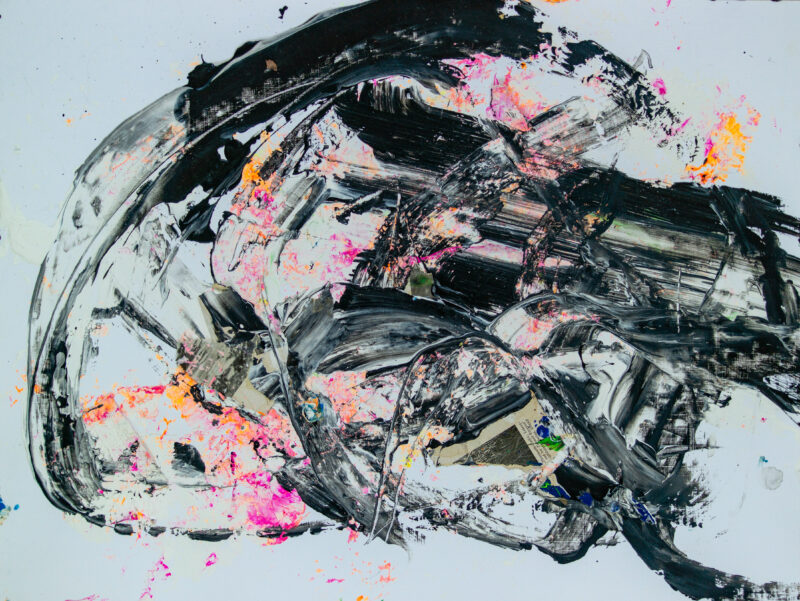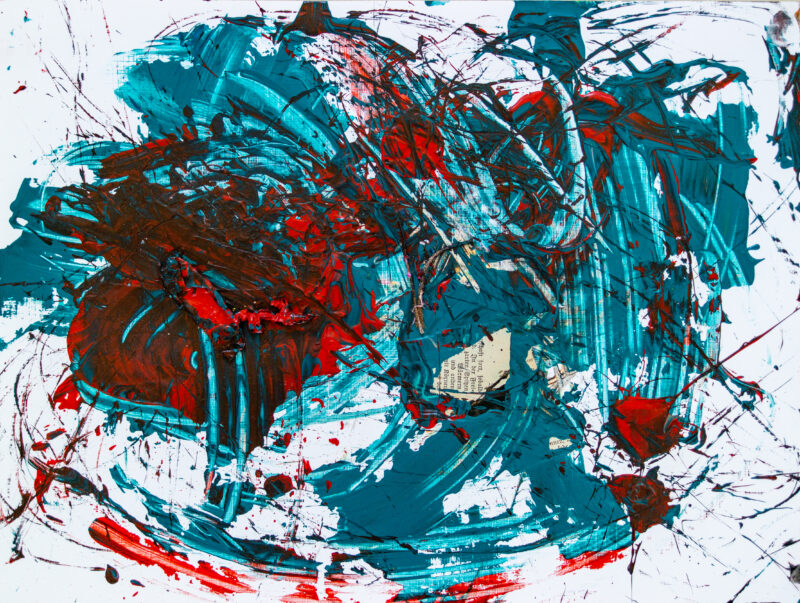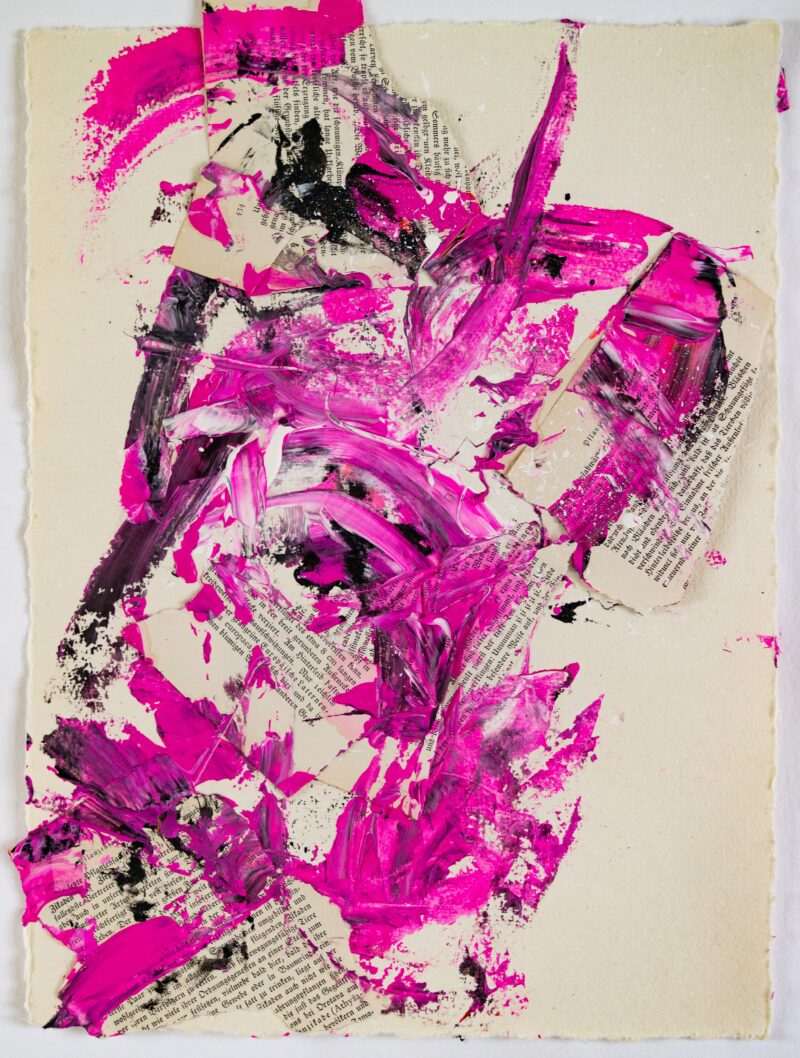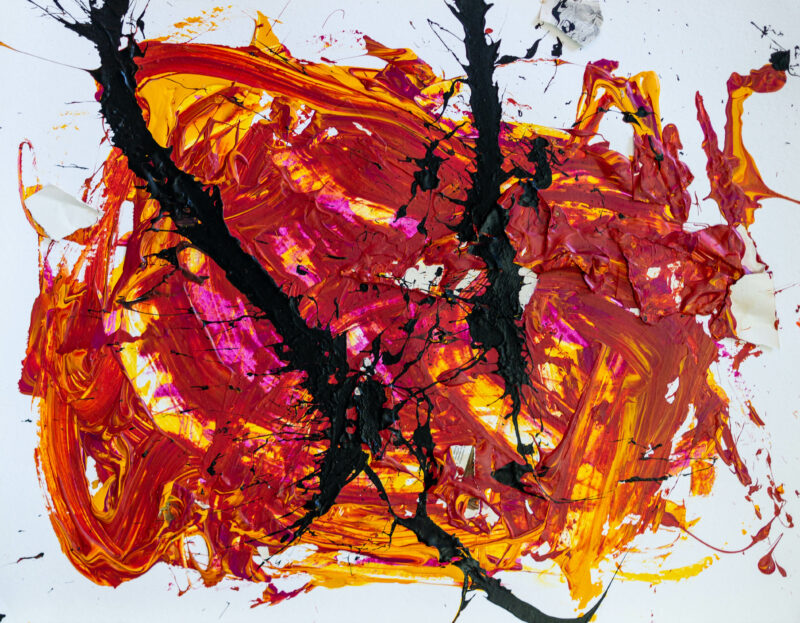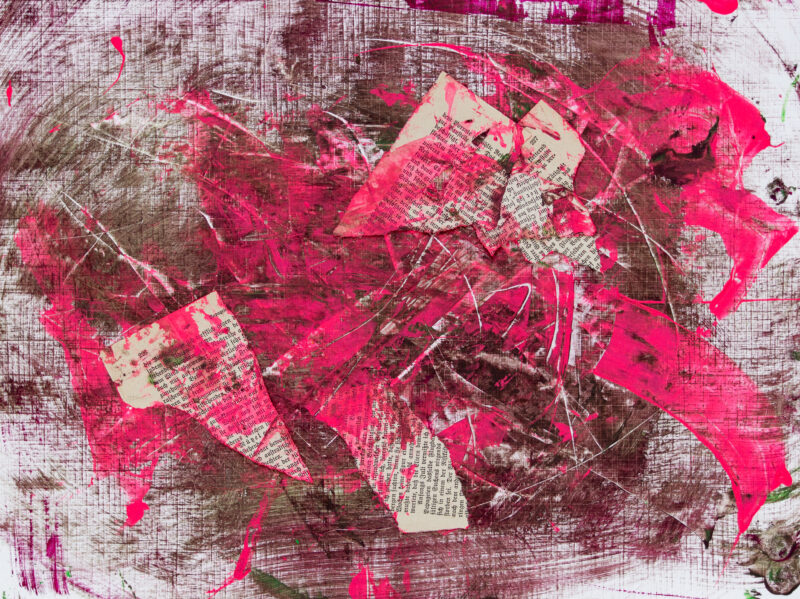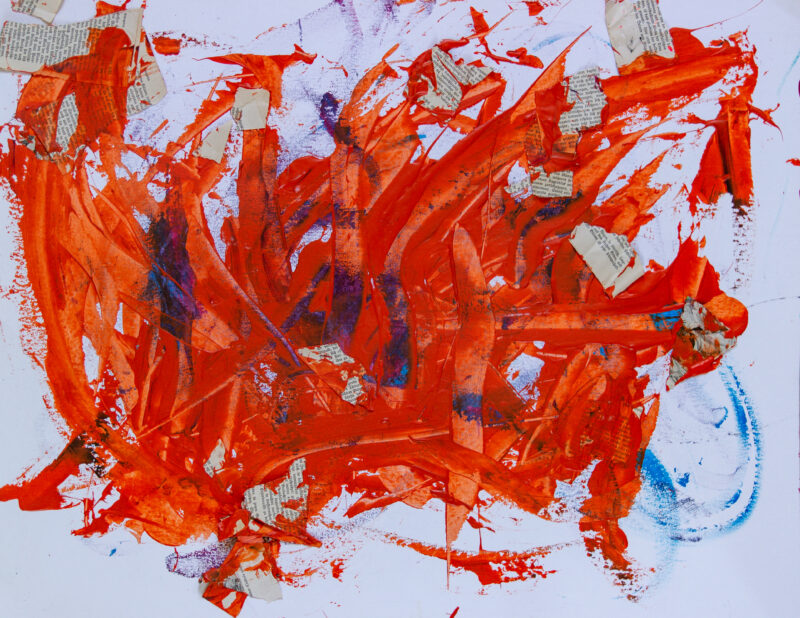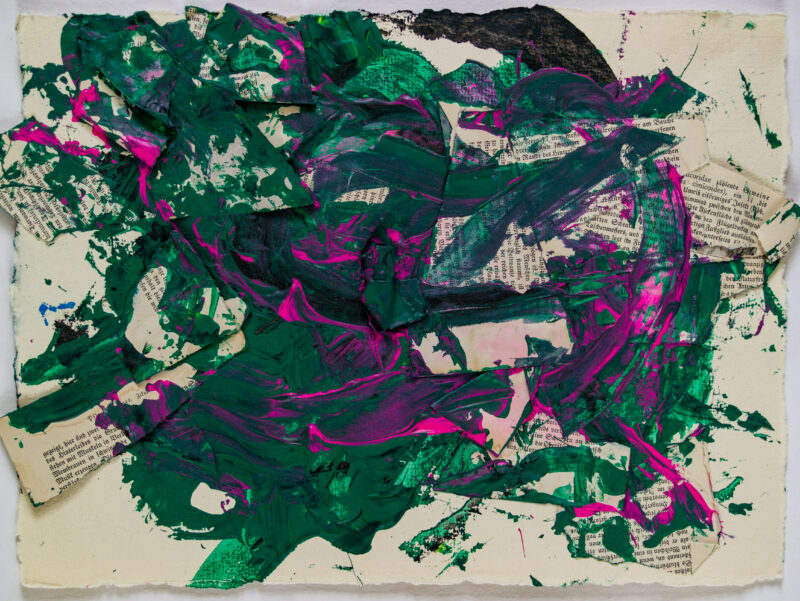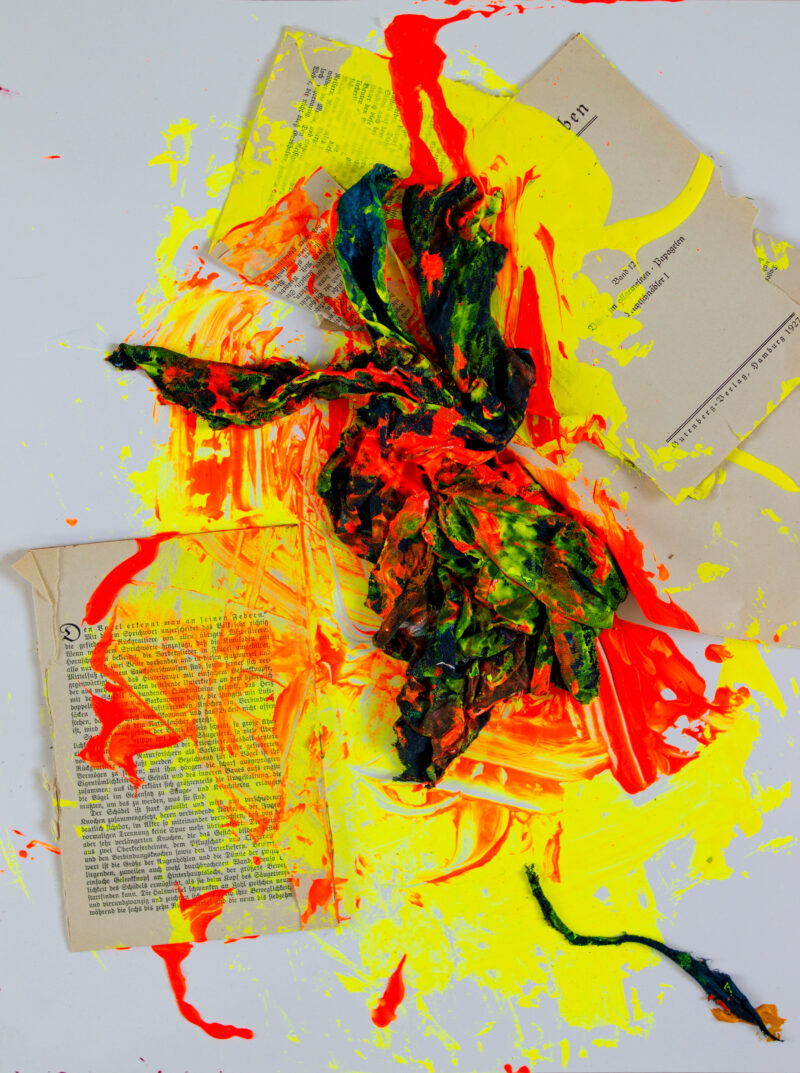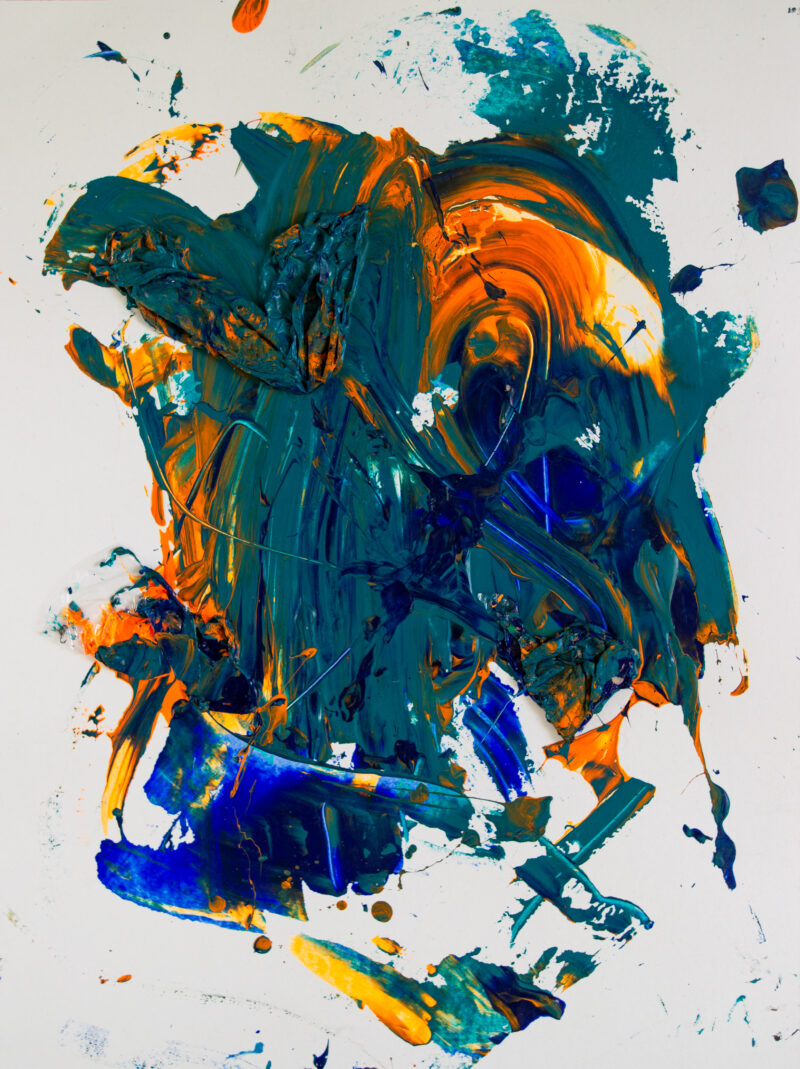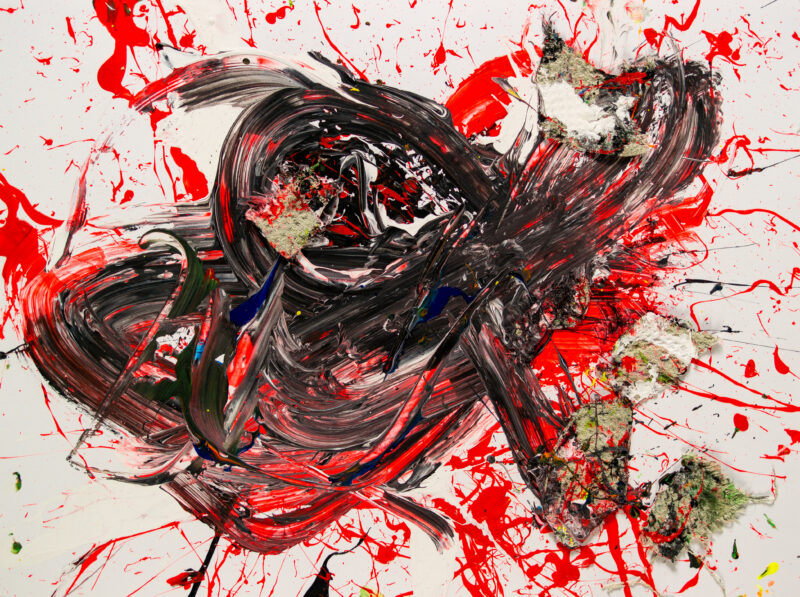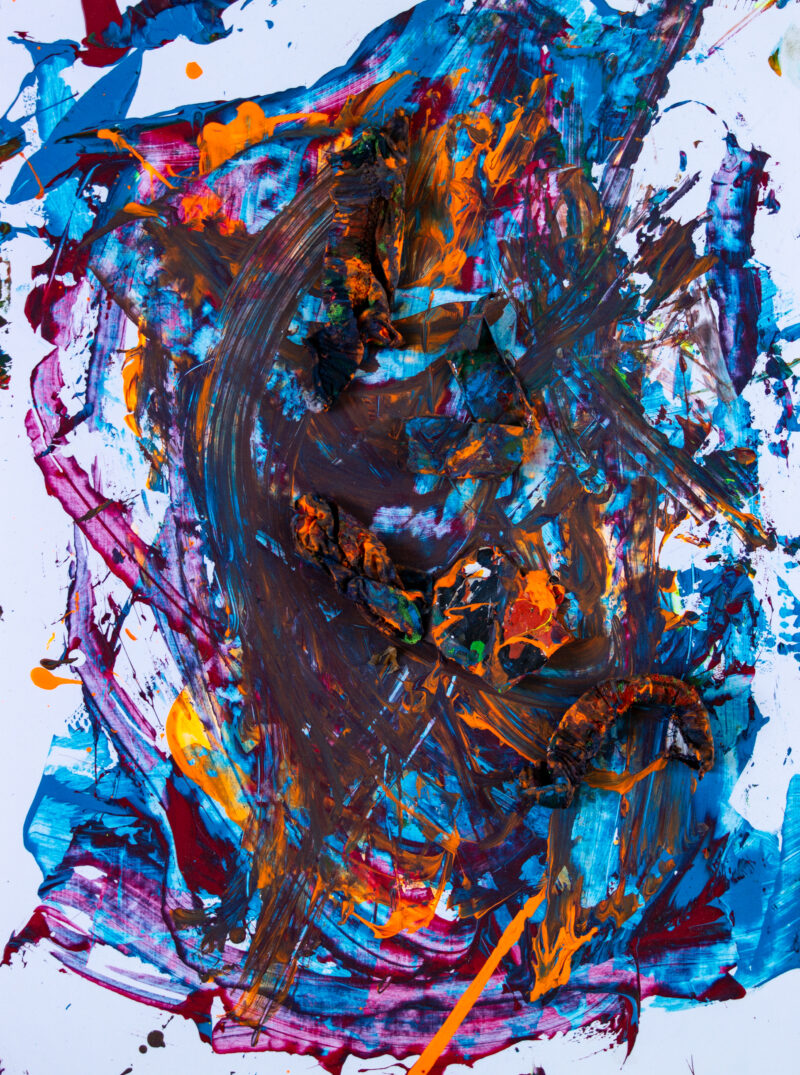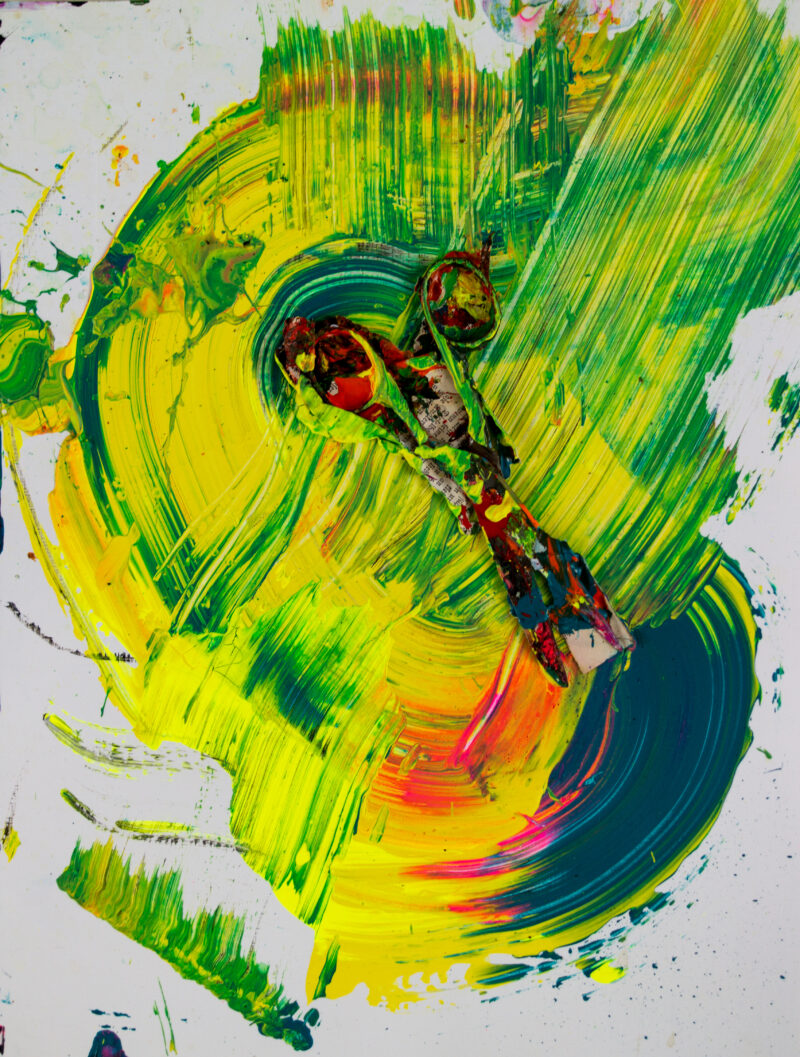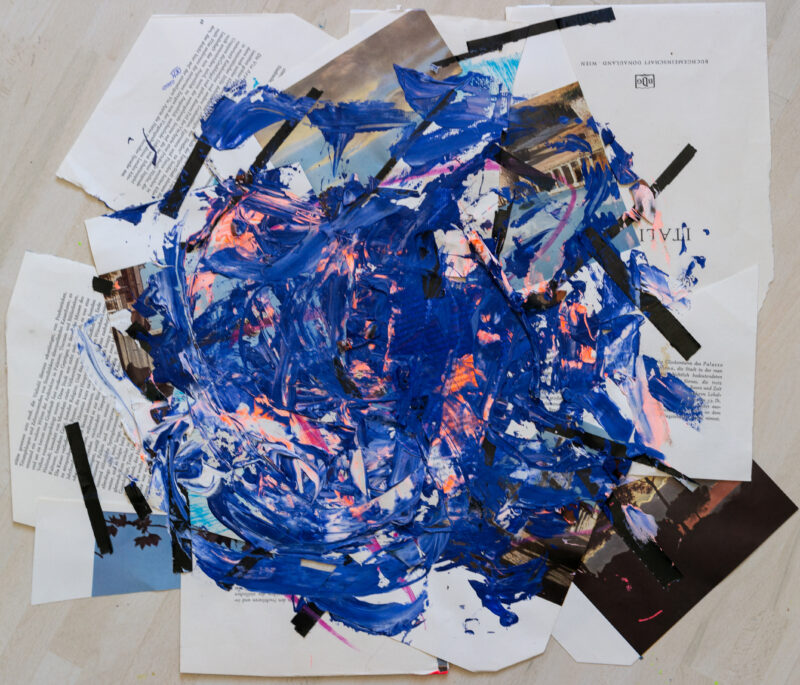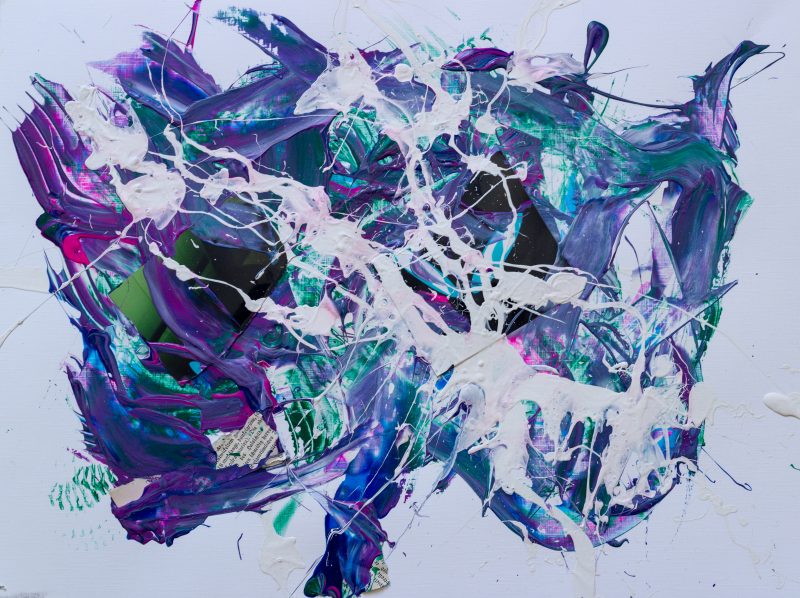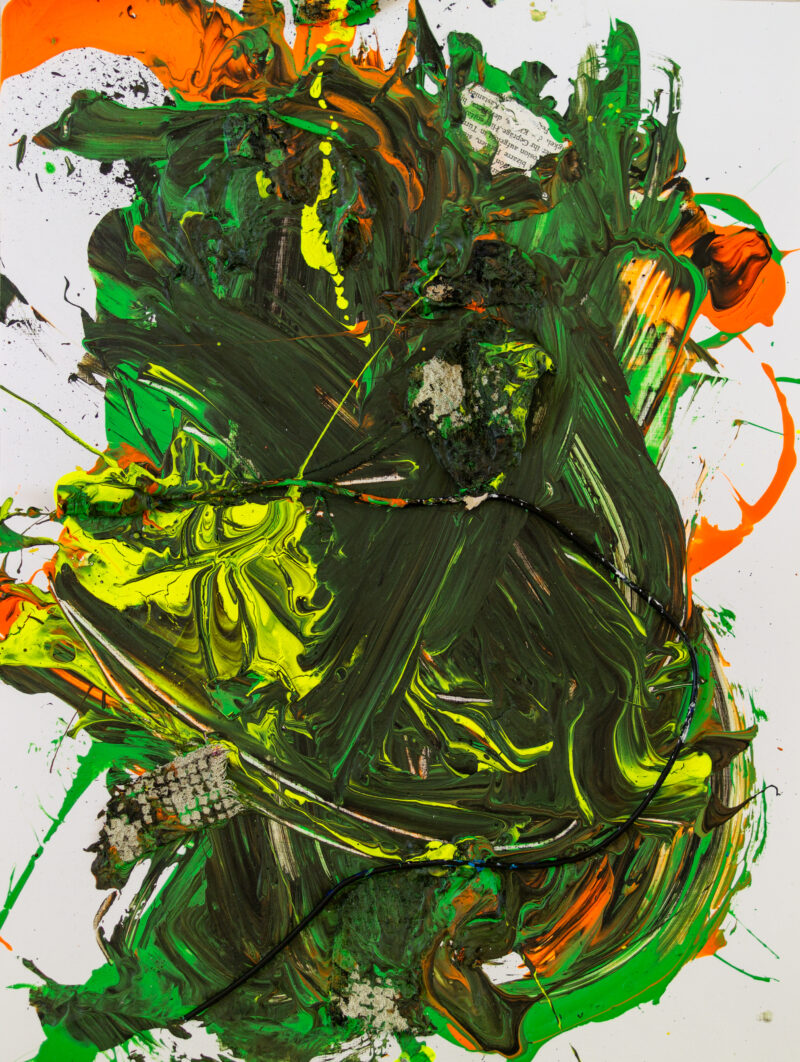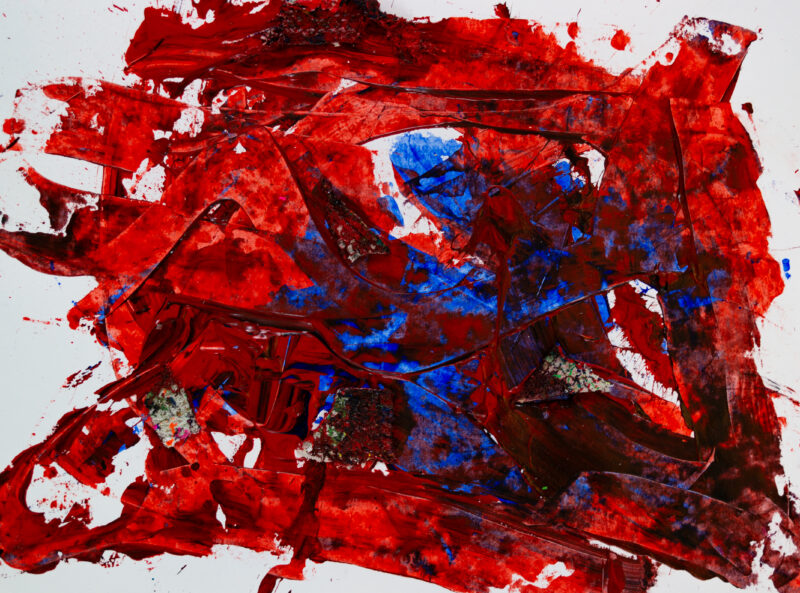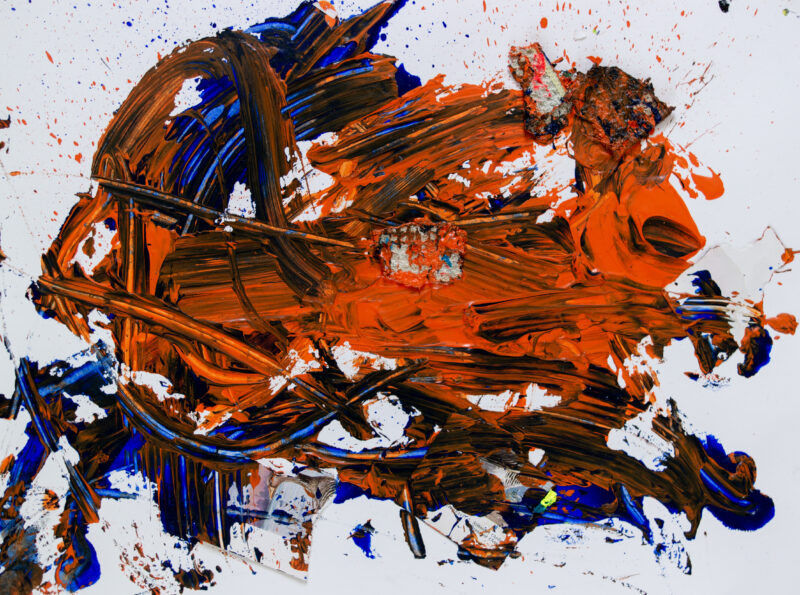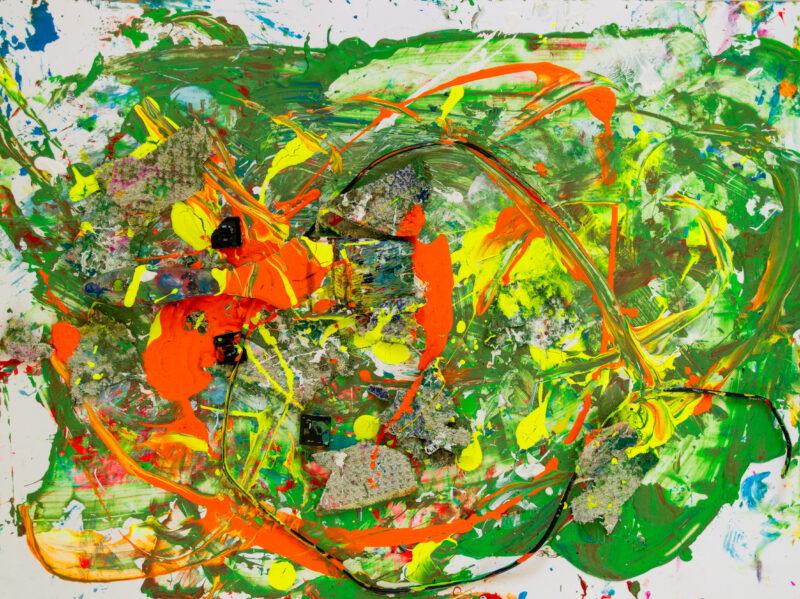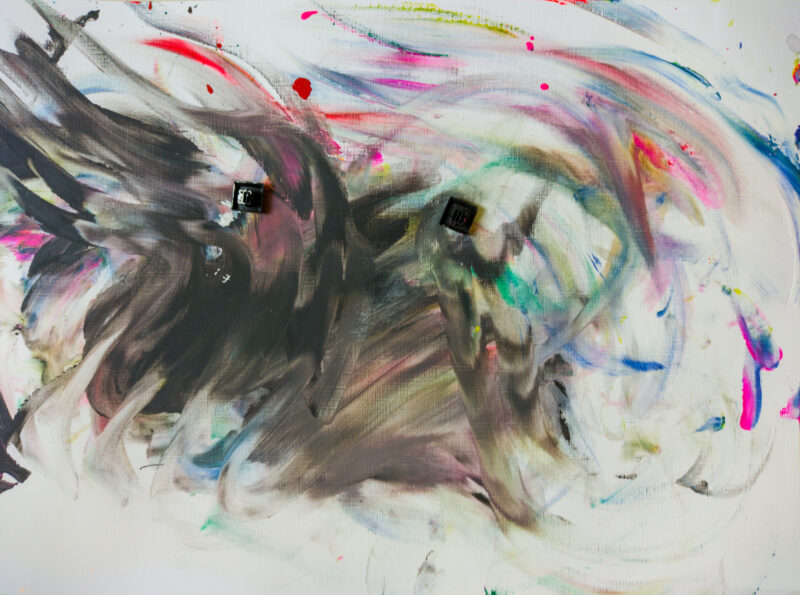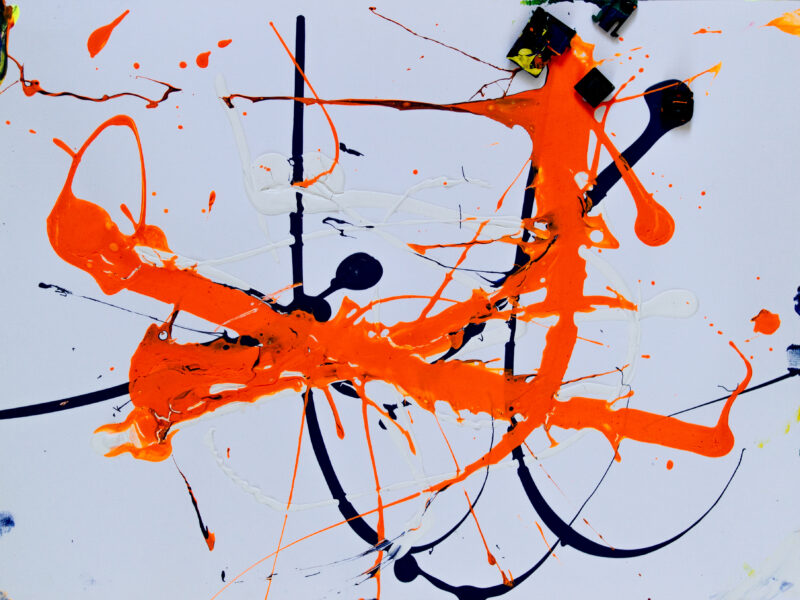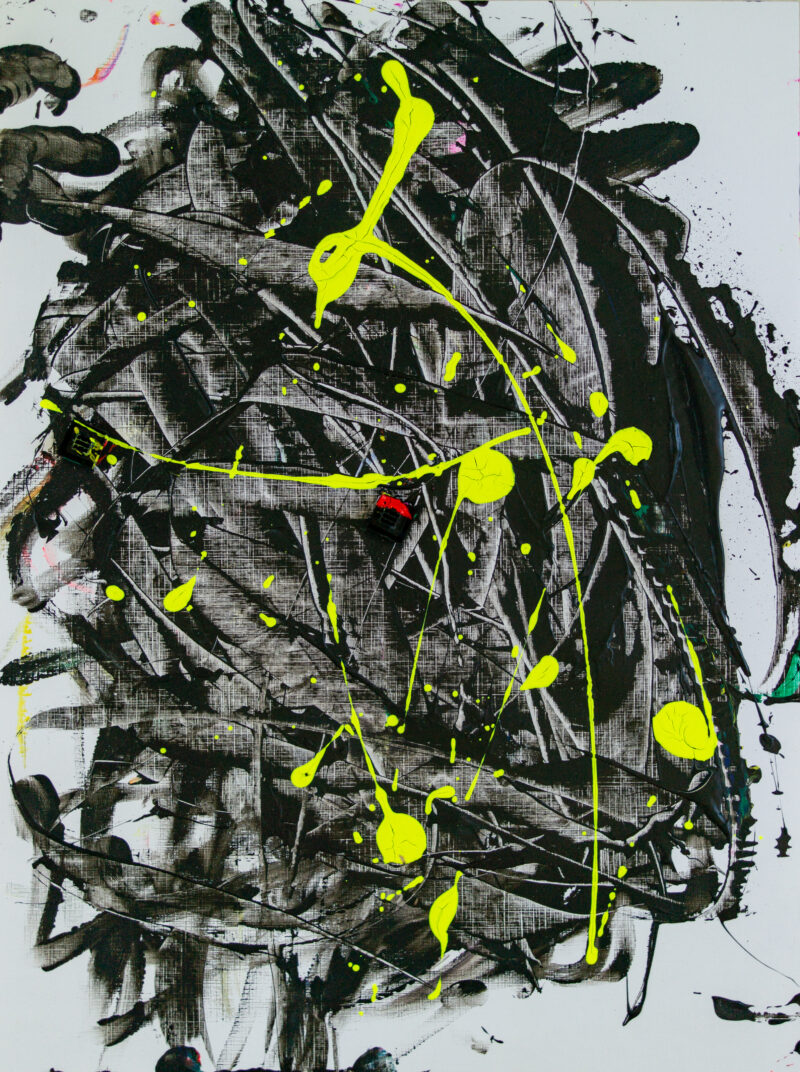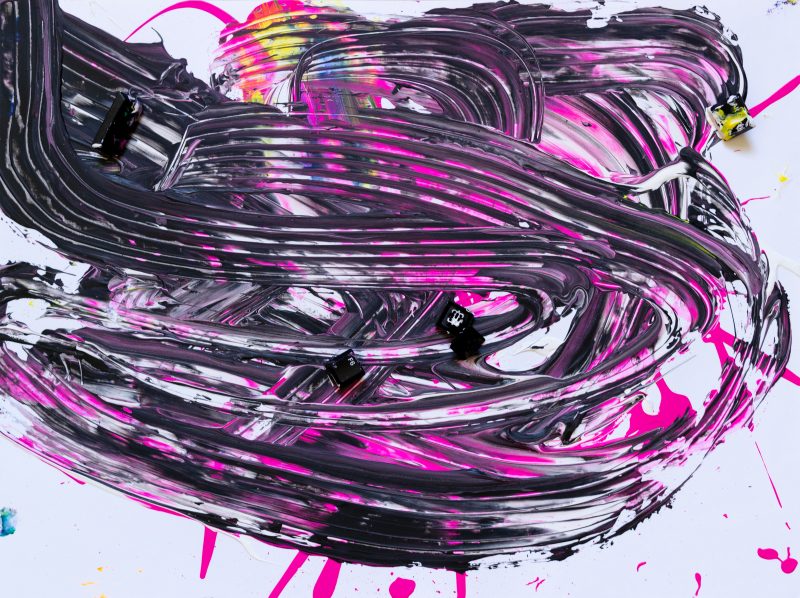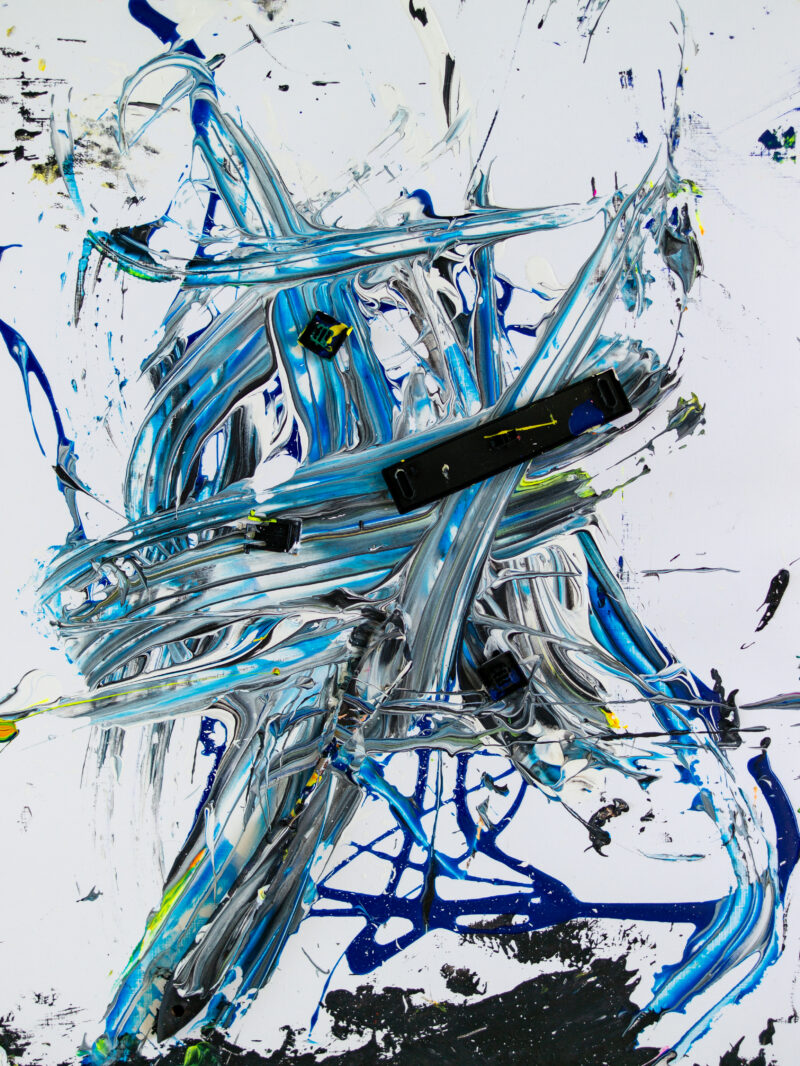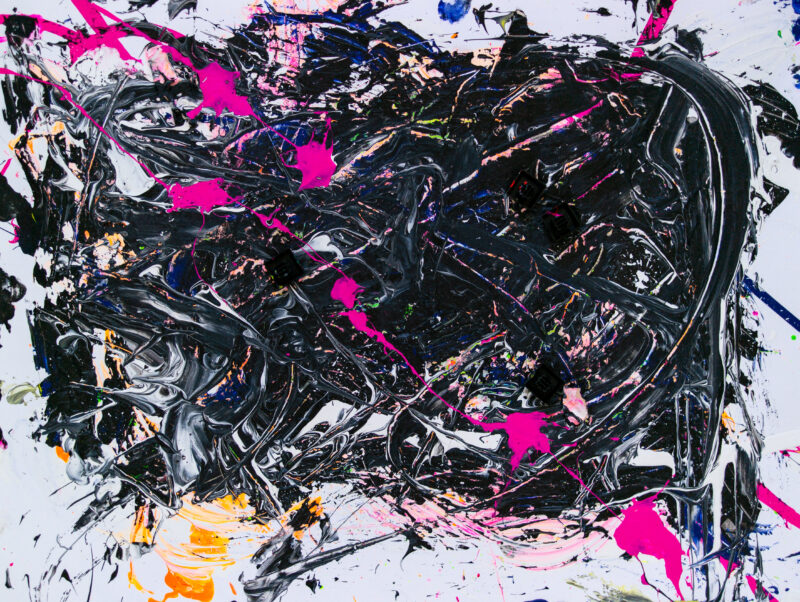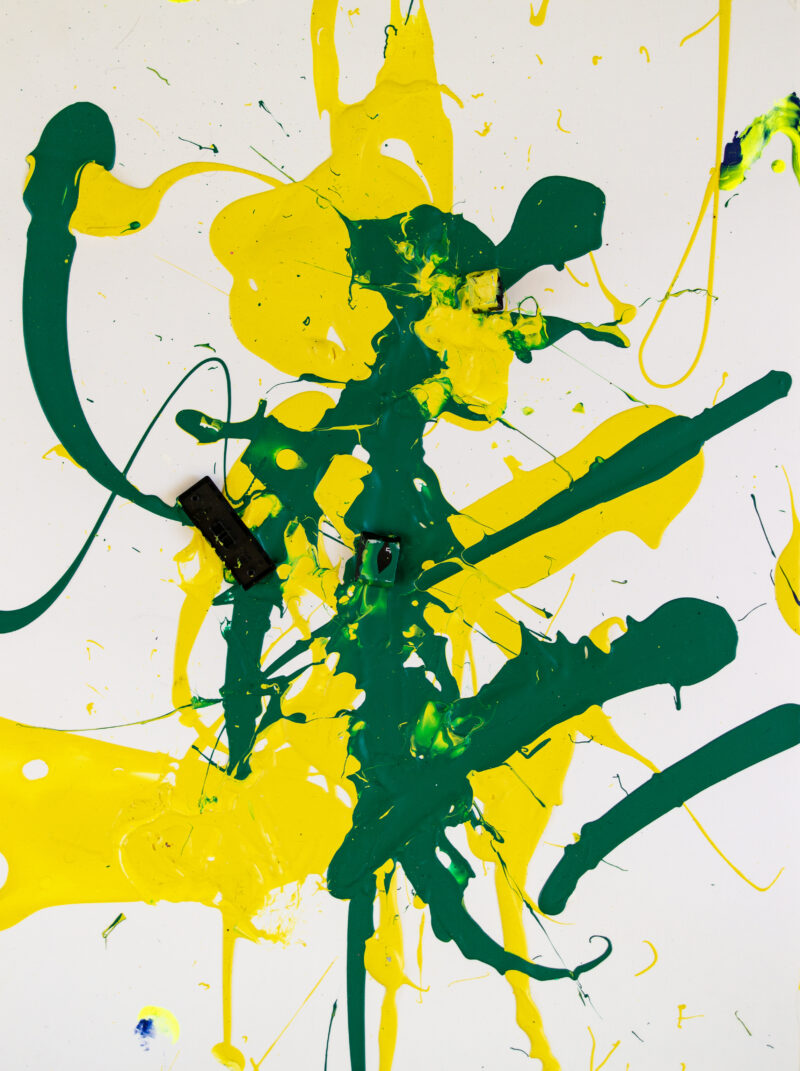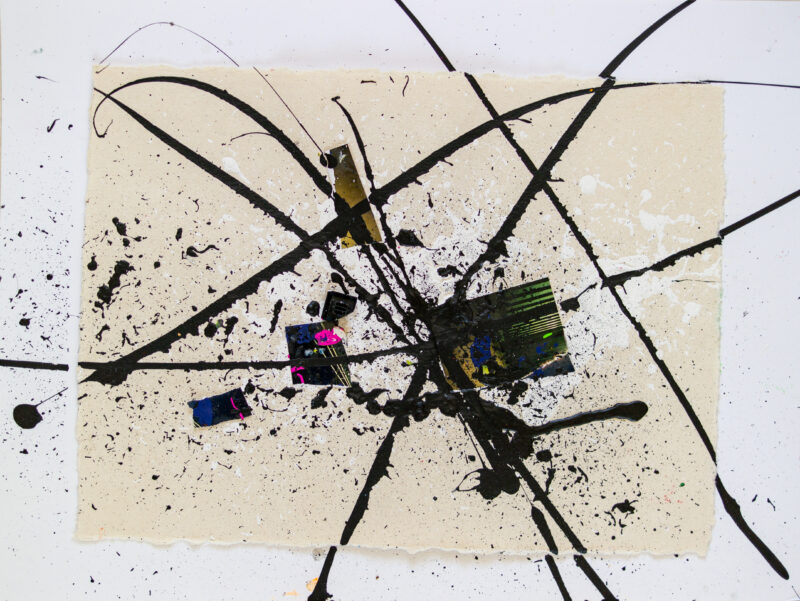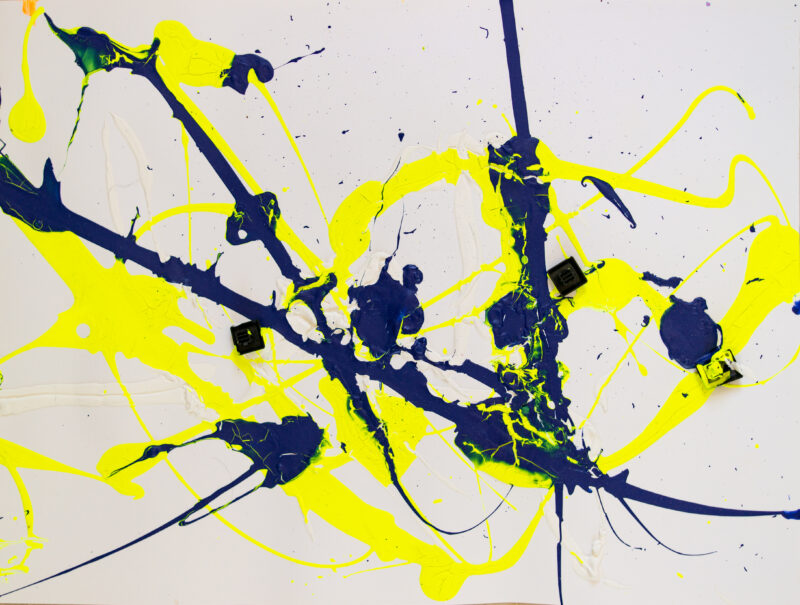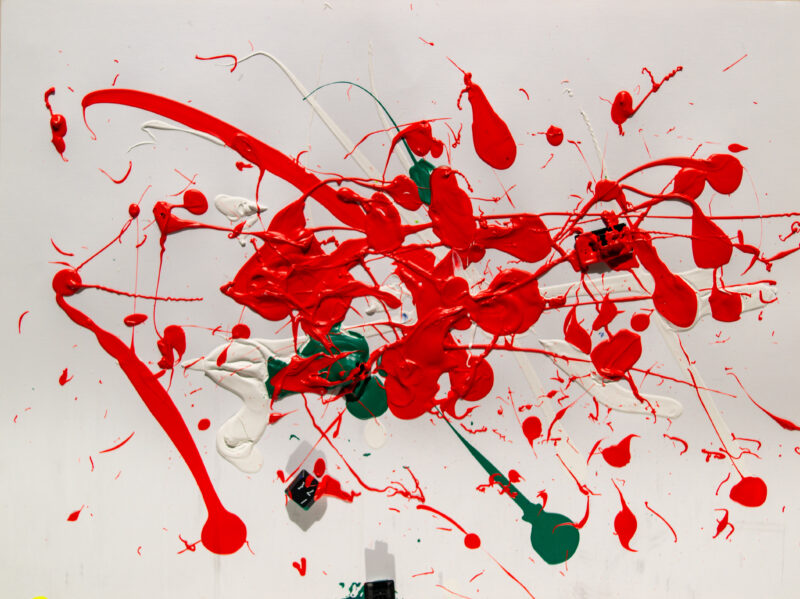dissolving dualities,
one at a time
sins of a neon age
What is decadence? For many, it was a decline of values, an ailment of the spirit of the times, a downfall of civilization (Nietzsche, Adorno). Today, it is rather understood as an era of stagnation in material prosperity. Some go so far as to label our time as the age of decadence (Barzun). What has happened? Were the promises of the Enlightenment not fulfilled? Or is this pessimistic view inherently reactionary, and are we already on the path to a better society and world? Are such Cassandra calls nothing more than a glorification of the past by those stuck in the past? Is the concept of decadence not already an expression of itself? The present reveals itself to us as divided. The developments of progress are surpassing themselves; woe to those who cannot keep up! No sign of stagnation. At the same time, in the information age, we understand less and less about the world. Date has become the Janus-faced god, both savior and seducer. The rise of fake news undermines political discourse, while the algorithms of artificial intelligence set our media table. We have hijacked the discourses and let them hijack us. We have forbidden certain terms and abused them ourselves. We have become slow, inattentive, forgotten our struggles, forgotten what crises are, until the crisis became the norm. Have we awakened? We do not know! We have become more sensitive in societal discourse, yet we consume media and data in unprecedented quantities. Who cares about facts? They are too scarce! We have forgotten what it is like to think and live in gradients. The antipodes of black and white have become too enticing. We halted our development before the promise of a radiant future and allowed ourselves to be developed thereafter. These are the sins of a neon age!
Nothing more to load.
Cultural Approcrannihilation
Can traditions be completely adopted, appropriated and hijacked so that they are completely absorbed in their new function? -- Appropiation -- Does this not leave a residue of the old culture? Doesn't every appropriation always involve the preservation of previous traditions? Procrastination -- Conservation -- Is it possible to negate and extinguish a cultural practice? -- Annihilation -- Finally: is there a complete annihilation, a total appropriation, an absolute preservation? Can a culture be preserved immaculate and "pure" as a counter-figure? Where does such an endeavor lead us?
Nothing more to load.
Post-dionysian expressionism
This is the general theme that thrives all of the artists works. While Nietzsche saw two fundamental momenta in the ancient Greek's art and culture - the Apollonian and the Dionysian - these concepts have lost their purpose and ability to describe the surrounding cultural context in its entirety. In a post-colonial age we have outgrown the shackles of a singular root and causation for our sociocultural habitus. But still the ecstatic frenzy that is described by the Dionysian is found in western countries as well as indigenous tribes as well. The German word Rausch describes this much more accurately then the English words of ecstasy, frenzy or intoxication. To bring this border-transcending basis of society into contrast with its equally far-reaching antagonistic principle the Apollinic in the form of western influenced science and reasoning onto the canvas in order to illustrate its common day battle is the goal here. As with most of his paintings the artist tries to keep the dichotomy of the juxtaposing colours alive whilst playing with the contrast to the stale background. The confrontation and simultaneously unity of colours, contrast and background prove their belonging to one and the same realm.
AΔΔA
The digital which influences our everyday life was always somehow kept away from the analogous realm we live in. Surely we engage in a virtual world with every touch of our phone but without ourselves as the link between those two parts they wouldn't transcend each others thresholds. By putting NFC stickers onto and inside his paintings which hold a link to a blockchain format storage network (IPFS) where the digital counterpart to the painting is placed the artist tries to intertwine these two world and traverse their borders. NFC is the technology everybody uses when they pay with their phone or credit card contact-less so when hovering over certain spots of the painting its digital part will open. Most of the digital counterparts where created with an AI algorithm questioning the agency of the artist and set it into perspective. When do we create completely autonomous? Aren't we all the time "programmed" by our surroundings? Who creates the piece - is it the artist, the algorithm, the algorithm's creators?
Nothing more to load.
eons collide
Media changed recently. The media one consumes, the perception of it and of oneself as the conveying medium - the shift in itself is significant. It’s not that there is just a new form how media is delivered, its hierarchical structure was completely turned upside down. A revolution in its literal meaning. The top-down architecture of the traditional media does not apply to the media we perceive in the 21st century any more. But does the social in social media really make it a collective endeavour where each one participates equally? As with many revolutions it started by a critical basis which was thriving for utopian goals like equality. Soon the established ones became the new masters. Isn’t it always like this? In the very beginning of each change its negation, its opposite is always already there. Looming and waiting. As Adorno and Horkheimer coined it: with every Myth-overthrowing Logos a new Myth is born. The King is dead, long live the King. That is the topos of eons collide. It illustrates that game-changing event by the usage of old hard disks and torn out book pages. Ages of handwritten scriptures handed onto the next generation meet ephemeral digitised information ready to be cast away on the next occasion. A momentum that tears away the old petrified habitus only to replace it with a new custom as rigid and static as the old one which is being being nebulous in its substance on the other hand is depicted through the fluid strokes which are contrasted with the high contrasting colors and the different medias meeting in the artwork. A well seated and therefore fossilised empire of media representatives meets their young and dynamic usurpers. The superficiality of Hollywood is surpassed by the honesty of masses. The like button as a democratic revolution – if it weren’t for the all-seeing algorithm.
trash's art
The palindrome symbolizes the interchangeability of art and trash. This replaceability of the two terms is broken and negated - or better aufgehoben. Or is it? Can we say that is a unusable byproduct of our society with no use for the many? Only a few who are desperate make use of it. Sometimes also the innovative ones. But the majority has no use to it. Can we say that about both - art and garbage? If we change their position we are in the tradition of HA Schult or Richard Rauschenberg. The reuseability and reintegration into the society is not that of transformation. It is a different perspective, one which was always there but couldn't be seen through societal conventions.
